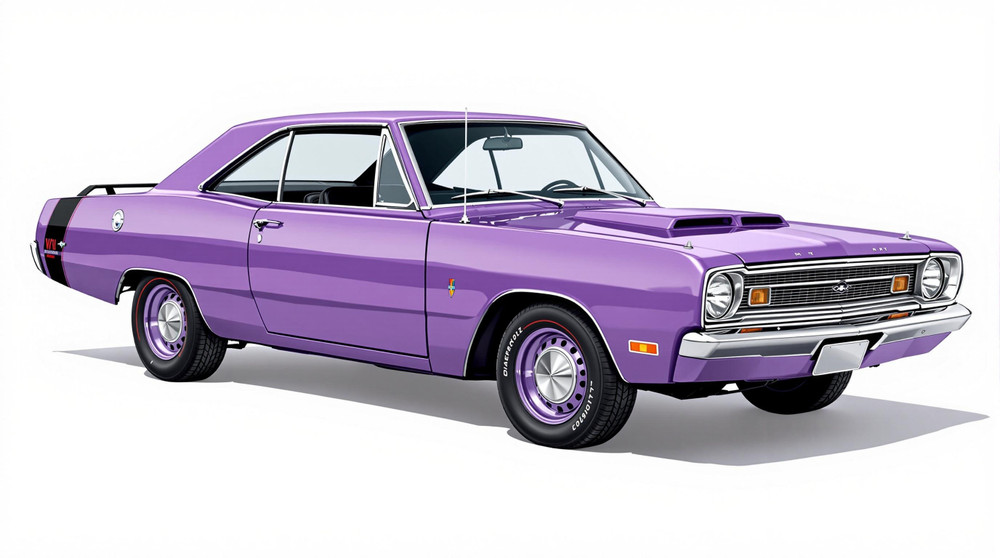Image of 1970 Dodge Dart, Note: These illustrations use artistic license and may differ from actual historical models.
Performance Metrics
Fundamental Metrics
Emotional Appeal
MMP Rating
| Engine Specifications | |
|---|---|
| Engine: | 198 CID I6, 225 CID I6, 318 CID V8, 340 CID V8, 383 CID V8 |
| Displacement: | 198-383 cubic inches |
| Horsepower: | 125-330 HP |
| Torque: | 180-425 lb-ft |
| Compression Ratio: | 8.4:1 - 10.5:1 |
| Ignition System: | Electronic Ignition System |
| Cooling System: | Liquid-cooled |
| Performance Specifications | |
| 0-60 Time: | 7-9 seconds |
| 1/4 Mile Time: | 15-17 seconds |
| Top Speed: | 120-130 mph |
| Transmission and Drive | |
| Drive Type: | Rear-wheel drive |
| Transmission Type: | 3-speed automatic, 4-speed manual |
| Fuel and Efficiency | |
| Fuel System Type: | Carburetor |
| MPG: | 10-15 mpg |
| Dimensions and Brakes | |
| Brakes: | Front disc and rear drum brakes |
| Wheelbase: | 111 inches |
| Weight: | 3000-3500 lbs |
Note: Specifications for classic cars are given to the best of our ability, considering the limited and variant data available.
1970 Dodge Dart: A Compact Powerhouse
The 1970 Dodge Dart stands as a testament to American automotive ingenuity, a vehicle that seamlessly blended practicality with performance. Born from the fervent competition of the muscle car era, the Dart emerged from the stables of Dodge, a division of Chrysler Corporation, renowned for producing cars that were both robust and reliable. At a time when fuel was cheap and horsepower reigned supreme, the Dart carved out its niche, offering an affordable yet spirited driving experience. Its legacy is punctuated by a unique fact: it was one of the few compact cars of its time that could be equipped with a high-performance V8 engine.
Design and Innovation
The exterior of the 1970 Dodge Dart boasted clean lines and an uncluttered profile, a departure from the flamboyance of early '60s design. Its squared-off front end featured a simple grille and round headlamps that exuded confidence without excess. Inside, passengers were greeted with a functional and straightforward cabin. The quality of materials balanced durability with comfort, reflecting the utilitarian ethos of the era. Technologically, the Dart was ahead of many competitors with options like electronic ignition and disc brakes.
Color options ranged from subdued earth tones to vibrant hues like "Plum Crazy" purple, with "Go Mango" orange being among the most popular choices. Body styles included a two-door hardtop, a four-door sedan, and a two-door convertible. However, it was the Swinger two-door hardtop model that became iconic, often associated with performance packages such as the Swinger 340.
Historical Significance
The 1970 Dodge Dart's impact on automotive design was subtle yet significant. It proved that compact cars didn't have to sacrifice power for size, influencing future designs in the segment. The availability of Chrysler's lauded Slant-6 engine for economy-minded buyers or potent V8s for enthusiasts set this car apart from its contemporaries and cemented its reputation as a versatile performer.
Performance and Handling
Performance varied widely depending on engine choice. The top-tier Dart GTS boasted a 340 cubic inch V8 capable of propelling it from 0-60 mph in less than 7 seconds—a remarkable feat for its class. Handling was typical for the period; while not as nimble as European sports cars, it managed bumps and windy roads with aplomb for an American compact. Behind the wheel, drivers enjoyed the throaty rumble of the V8 models or the reliable hum of the Slant-6, both contributing to an engaging driving experience.
Ownership Experience
The 1970 Dodge Dart served various roles—from daily commuting workhorse to weekend drag racer. Its straightforward mechanical design made maintenance manageable for the average owner. While reliability was generally good, rust could be an issue in certain climates.
Fun Facts
A lesser-known variant is the Dart Demon, which stirred controversy with its devilish name and logo. Celebrity ownerships include talk show host Jay Leno who appreciates its blend of simplicity and muscle. The Dart held no significant speed records but was recognized for its sales success in Chrysler's lineup. Criticisms often centered on its conservative styling compared to flashier muscle cars.
Collector's Information
Today's collectors value a well-maintained 1970 Dodge Dart anywhere from $15,000 to $50,000+, depending on condition and originality—especially true for performance models like the GTS or Swinger 340. Production numbers were substantial; however, survivors in excellent condition are increasingly rare. The market shows appreciation for original examples while modified versions cater to enthusiasts seeking modern performance upgrades.
Conclusion
The 1970 Dodge Dart remains an emblematic figure in American automotive culture—a compact car that punched above its weight class and offered something for everyone. Whether you're drawn to its understated style or exhilarating performance options, there's no denying this classic's enduring appeal.
1970 Dodge Dart Catalog of Parts
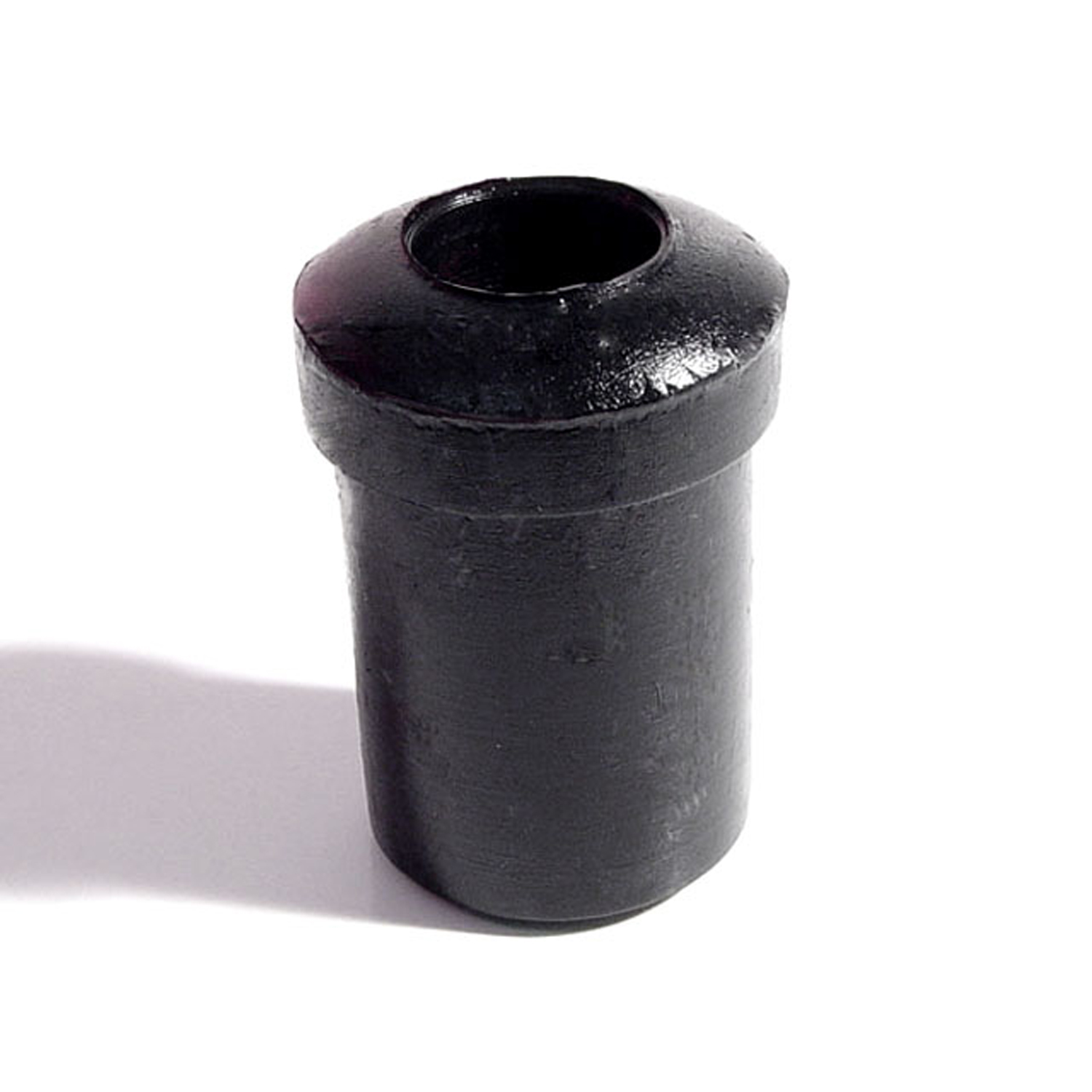 1970 Dodge Dart Spring and Shackle Bushing. 1" bottom O.D-BN 20Spring and Shackle Bushing. 1" bottom O.D. X 1-5/8" high, with 9/16" I.D. Each
1970 Dodge Dart Spring and Shackle Bushing. 1" bottom O.D-BN 20Spring and Shackle Bushing. 1" bottom O.D. X 1-5/8" high, with 9/16" I.D. Each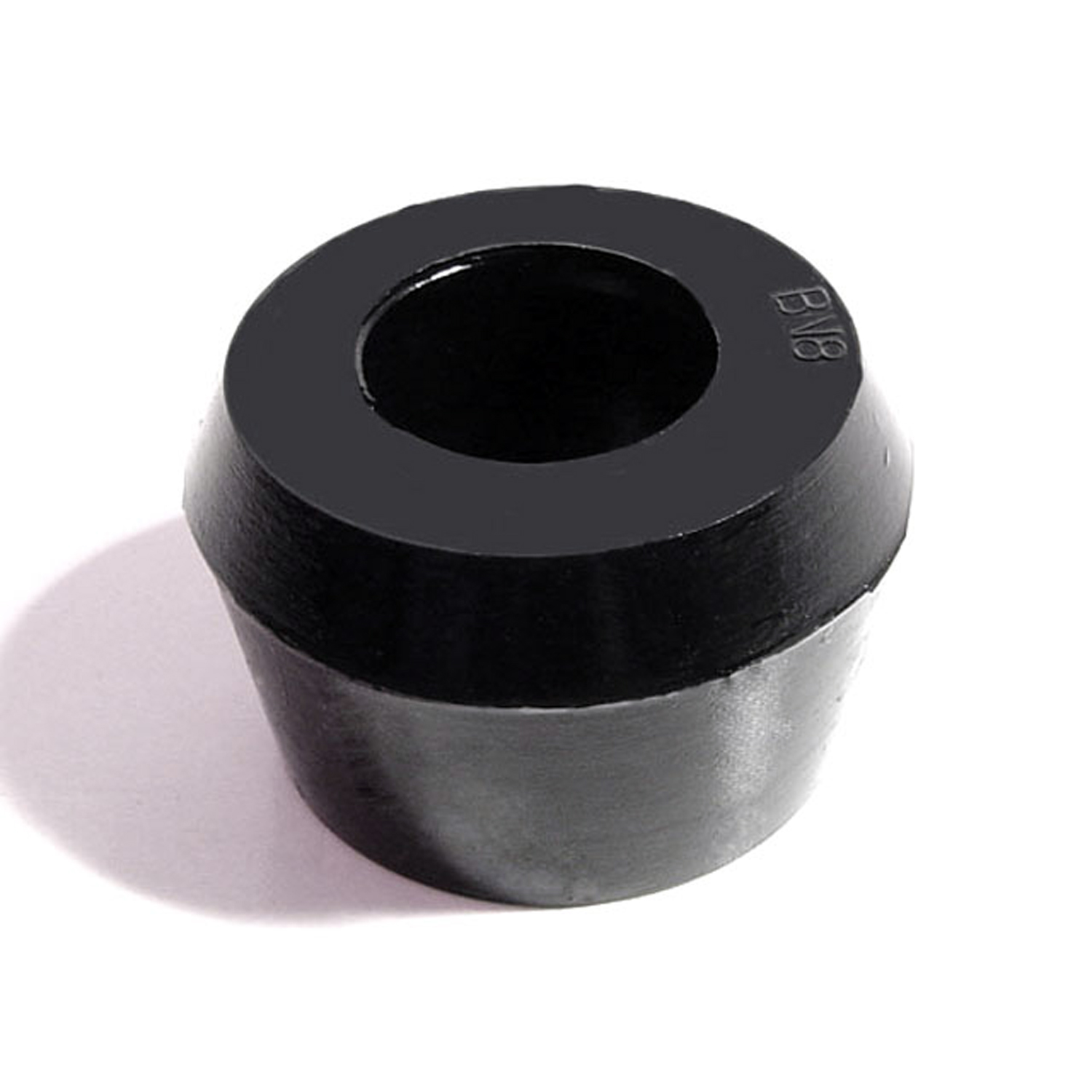 1970 Dodge Dart Shock Absorber Grommet. 1-1/4" bottom O.D-BN 8Shock Absorber Grommet. 1-1/4" bottom O.D., 1" high, with 3/4" I.D. Each
1970 Dodge Dart Shock Absorber Grommet. 1-1/4" bottom O.D-BN 8Shock Absorber Grommet. 1-1/4" bottom O.D., 1" high, with 3/4" I.D. Each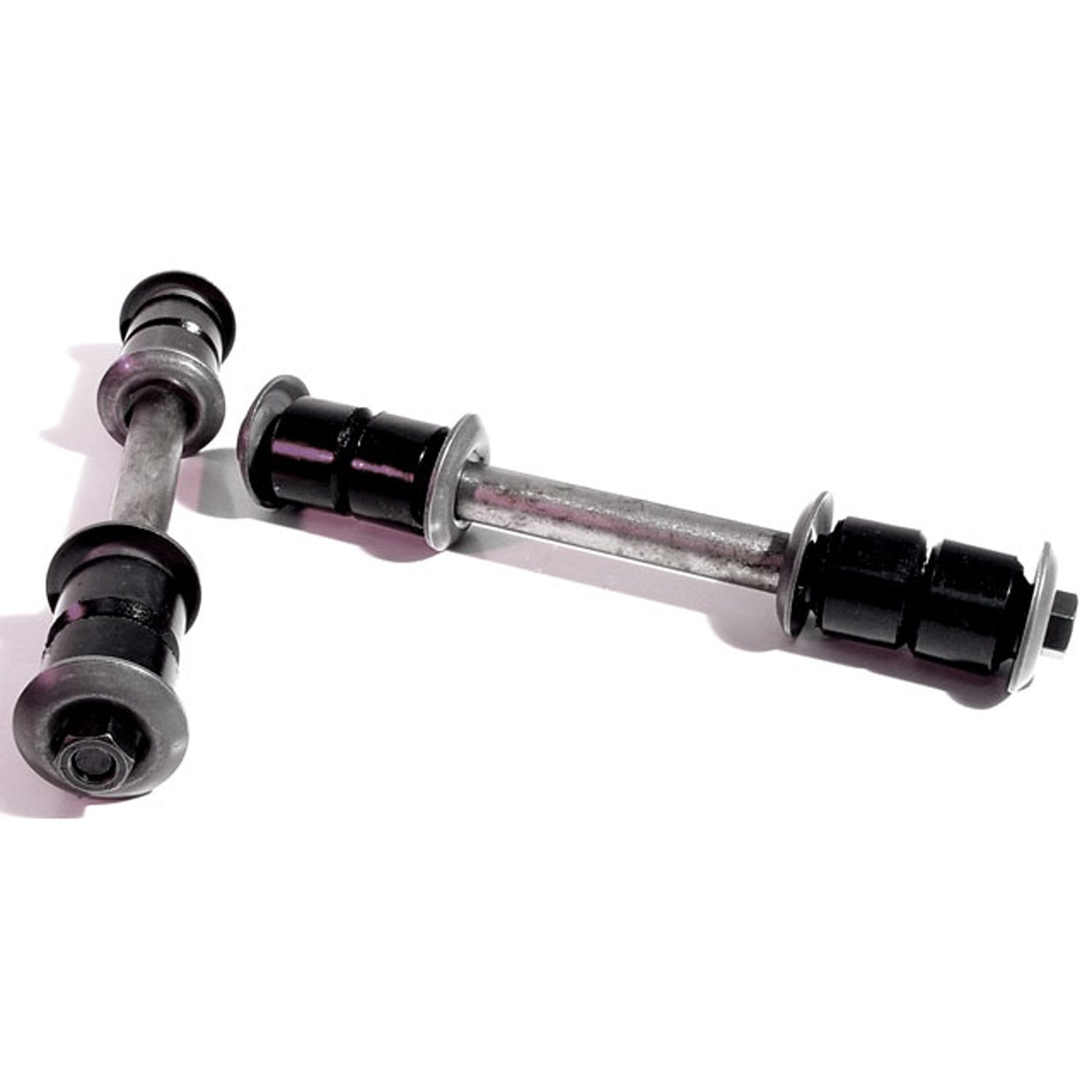 1970 Dodge Dart Front Stabilizer End Repair Kit-BNK 21Front Stabilizer End Repair Kit. 22-piece set for two stabilizer bars. Contains all rubber bushings, washers, bolts and nuts, enough for one front end. Set
1970 Dodge Dart Front Stabilizer End Repair Kit-BNK 21Front Stabilizer End Repair Kit. 22-piece set for two stabilizer bars. Contains all rubber bushings, washers, bolts and nuts, enough for one front end. Set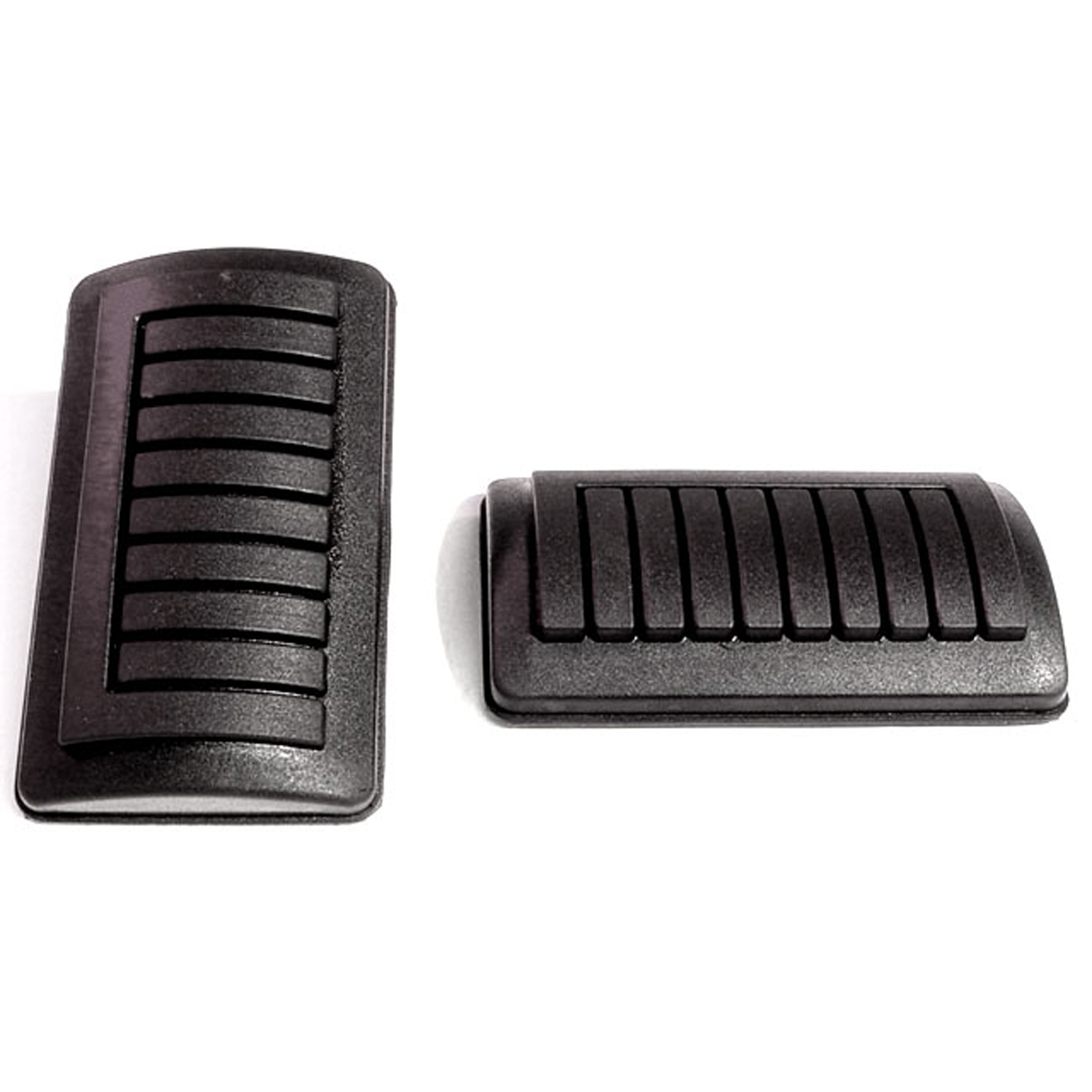 1970 Dodge Dart Clutch and Brake Pedal Pads. 3-3/4" wide X 2-1/4" long-CB 198Clutch and Brake Pedal Pads. 3-3/4" wide X 2-1/4" long. Pair
1970 Dodge Dart Clutch and Brake Pedal Pads. 3-3/4" wide X 2-1/4" long-CB 198Clutch and Brake Pedal Pads. 3-3/4" wide X 2-1/4" long. Pair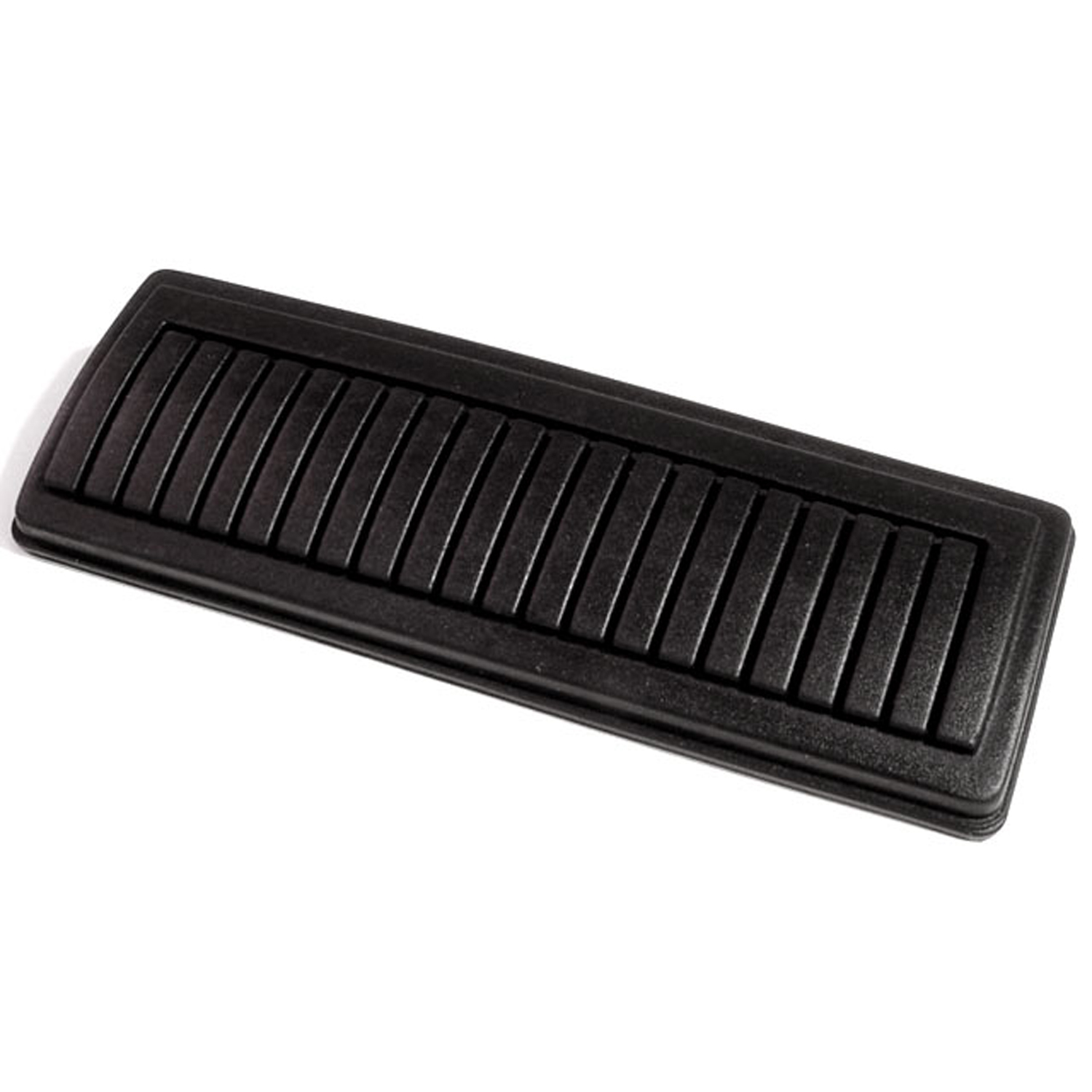 1970 Dodge Dart Brake Pedal Pad, for models with automatic transmission-CB 200Brake Pedal Pad, for models with automatic transmission. 6-1/2" wide X 2-3/8" long. Each
1970 Dodge Dart Brake Pedal Pad, for models with automatic transmission-CB 200Brake Pedal Pad, for models with automatic transmission. 6-1/2" wide X 2-3/8" long. Each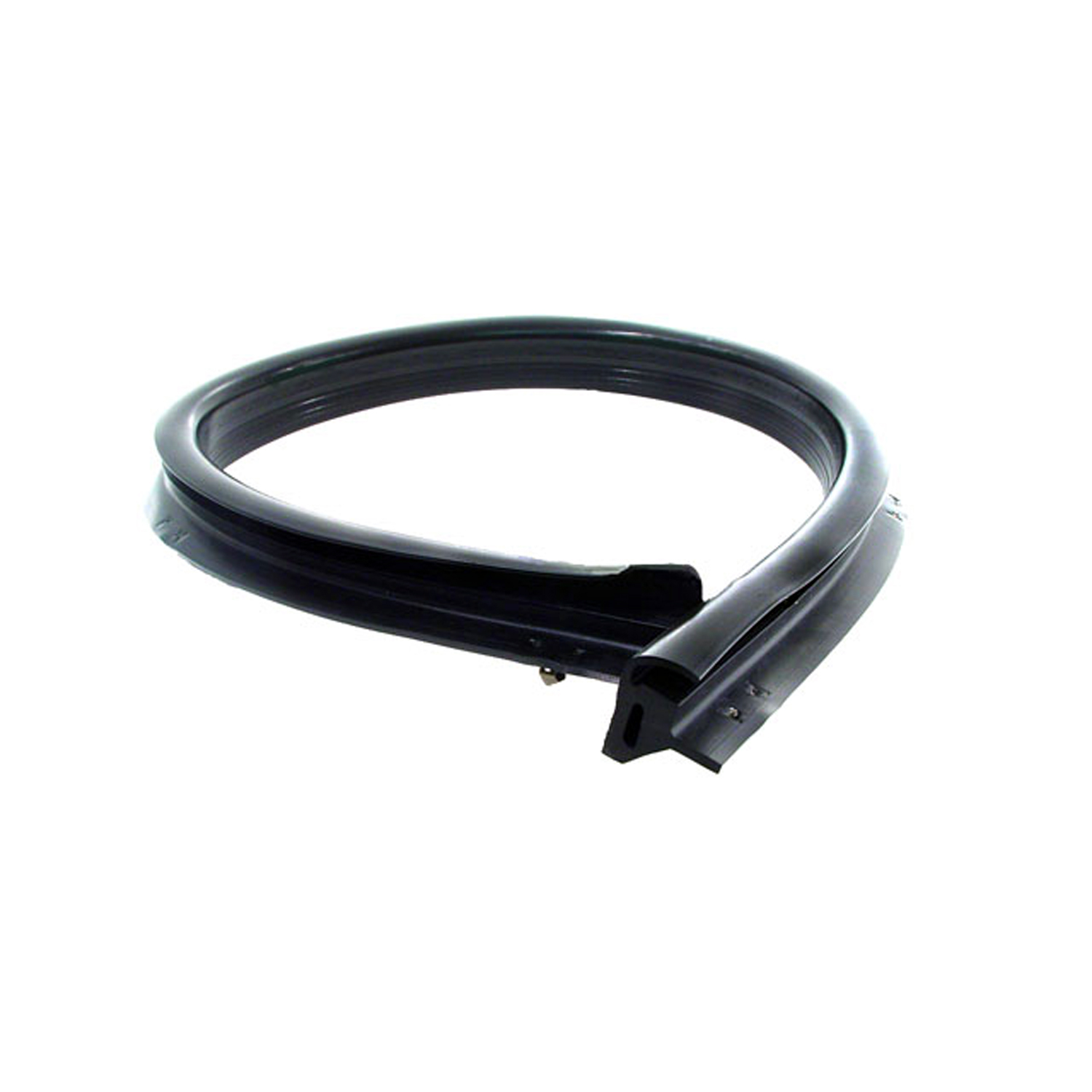 1970 Dodge Dart Hood to Cowl Seal, 34" Long. Each-CS 20-ZAHood to Cowl Seal, 34" Long. Each
1970 Dodge Dart Hood to Cowl Seal, 34" Long. Each-CS 20-ZAHood to Cowl Seal, 34" Long. Each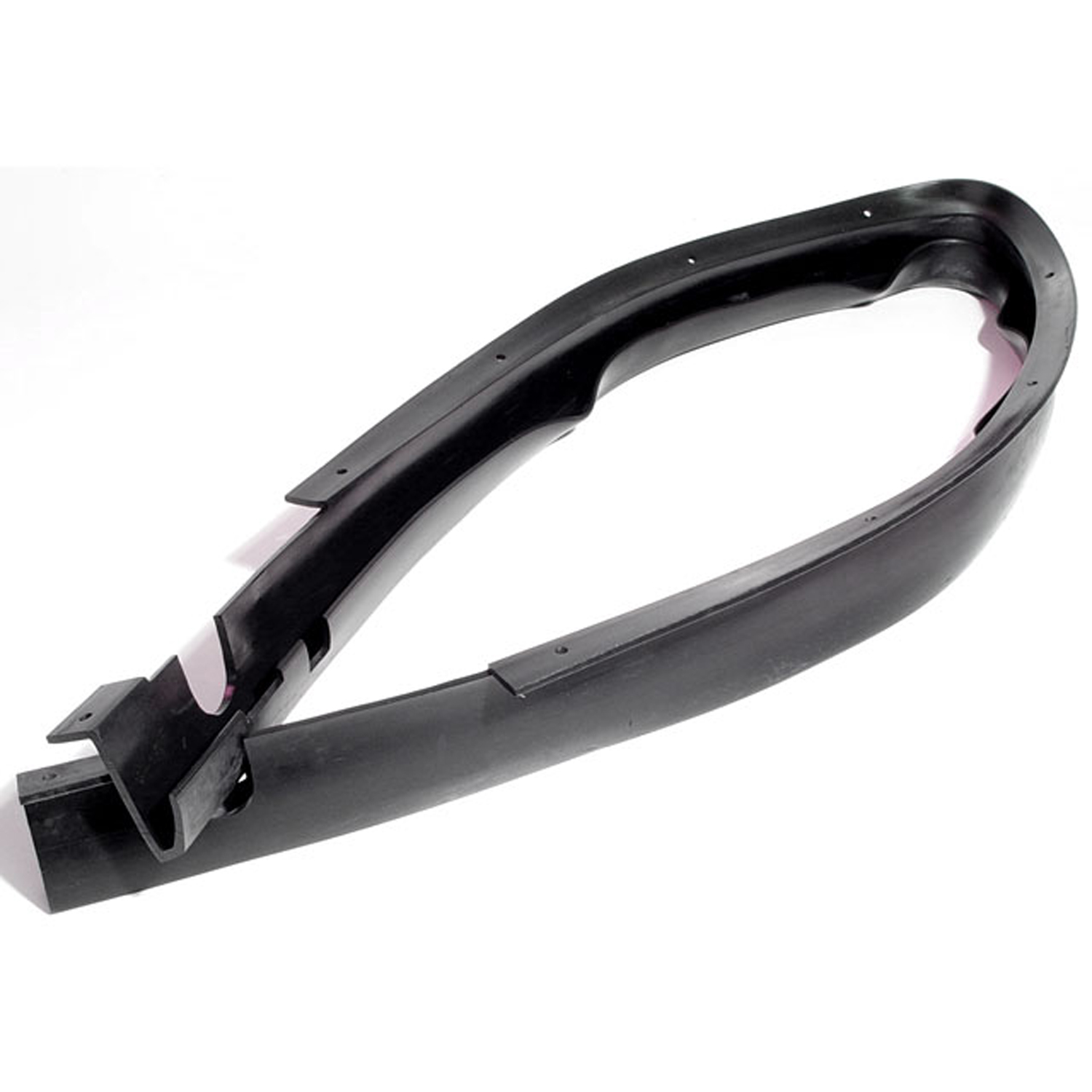 1970 Dodge Dart Hood to Radiator Support Seal. 55-1/2" long. Each-CS 26Hood to Radiator Support Seal. 55-1/2" long. Each
1970 Dodge Dart Hood to Radiator Support Seal. 55-1/2" long. Each-CS 26Hood to Radiator Support Seal. 55-1/2" long. Each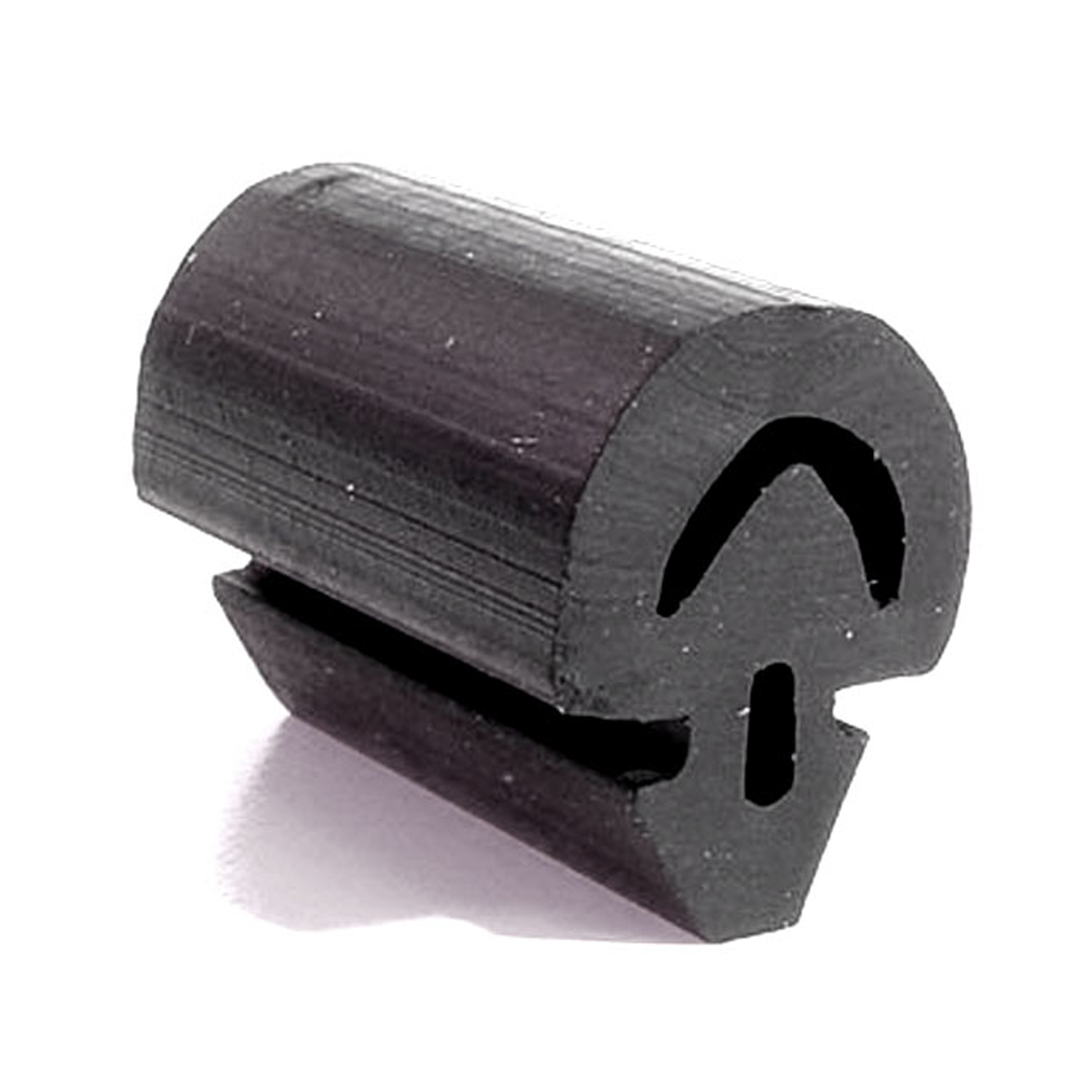 1970 Dodge Dart Door Bumper. 3/4" high X 1/2" wide X 1" long-DB 50Door Bumper. 3/4" high X 1/2" wide X 1" long. Four used per car. Each
1970 Dodge Dart Door Bumper. 3/4" high X 1/2" wide X 1" long-DB 50Door Bumper. 3/4" high X 1/2" wide X 1" long. Four used per car. Each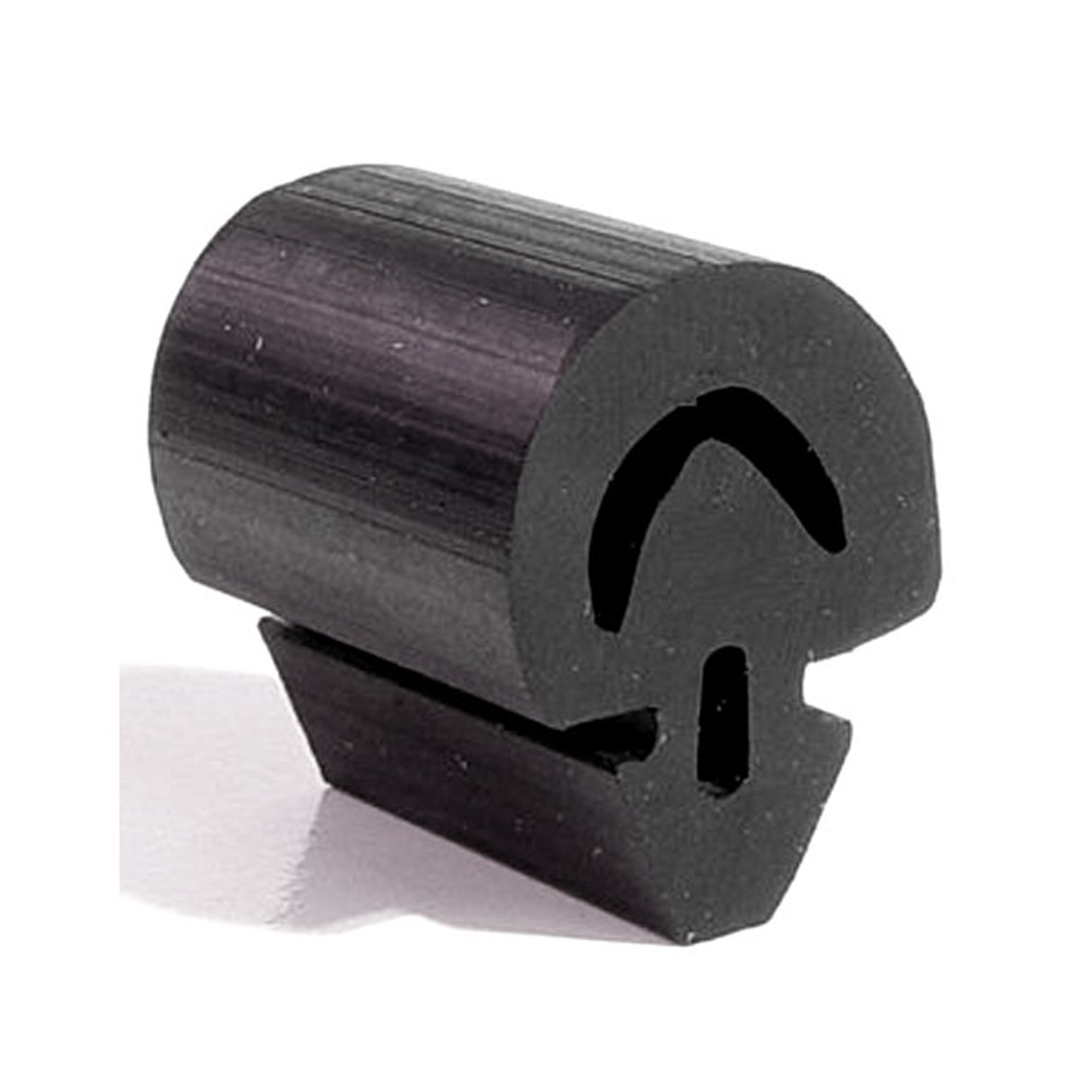 1970 Dodge Dart Door Bumper. 3/4" high X 1/2" wide X 5/8" long-DB 50-MDoor Bumper. 3/4" high X 1/2" wide X 5/8" long. Four used per car. Each
1970 Dodge Dart Door Bumper. 3/4" high X 1/2" wide X 5/8" long-DB 50-MDoor Bumper. 3/4" high X 1/2" wide X 5/8" long. Four used per car. Each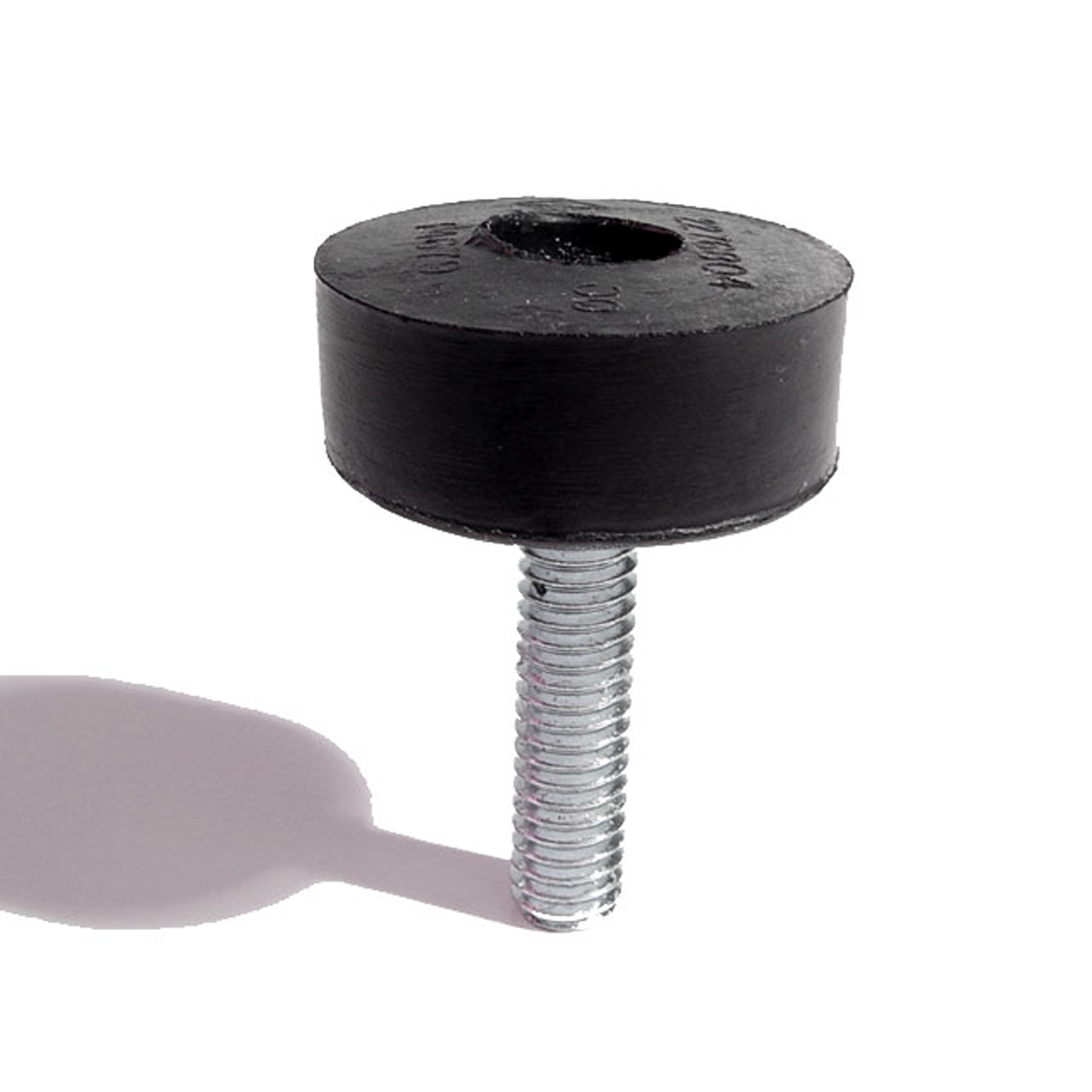 1970 Dodge Dart Hood Adjustment Bolt and Bumper-HA 8Hood Adjustment Bolt and Bumper. 1-3/16" diameter rubber head. 5/16" thick X 18 threads/inch X 1-1/4" long bolt. Each
1970 Dodge Dart Hood Adjustment Bolt and Bumper-HA 8Hood Adjustment Bolt and Bumper. 1-3/16" diameter rubber head. 5/16" thick X 18 threads/inch X 1-1/4" long bolt. Each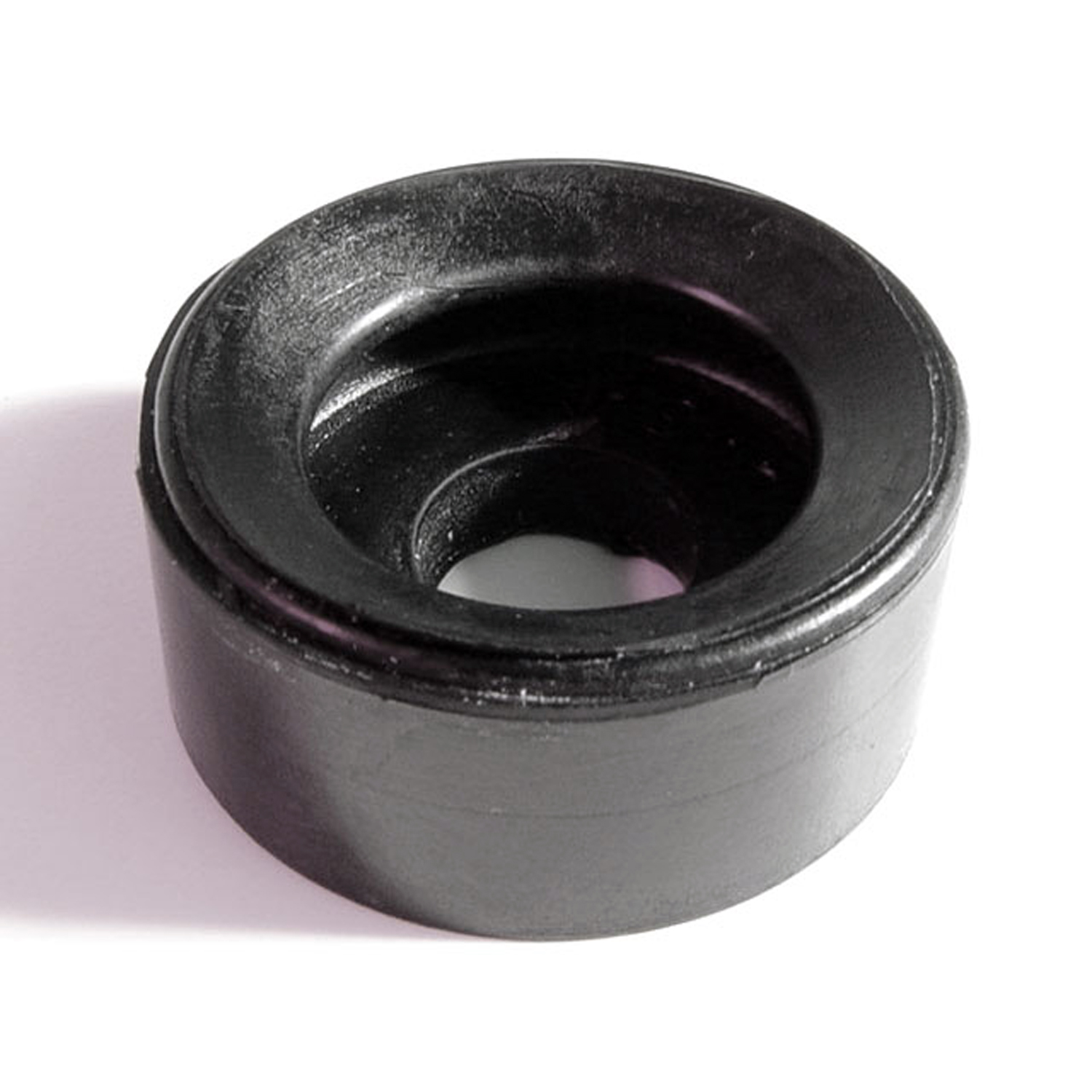 1970 Dodge Dart Hood Adjustment Bumper. 1-1/4" O.D-HA 8-AHood Adjustment Bumper. 1-1/4" O.D., 3/4" large hole, 7/16" small hole, 1/2" thick. Each
1970 Dodge Dart Hood Adjustment Bumper. 1-1/4" O.D-HA 8-AHood Adjustment Bumper. 1-1/4" O.D., 3/4" large hole, 7/16" small hole, 1/2" thick. Each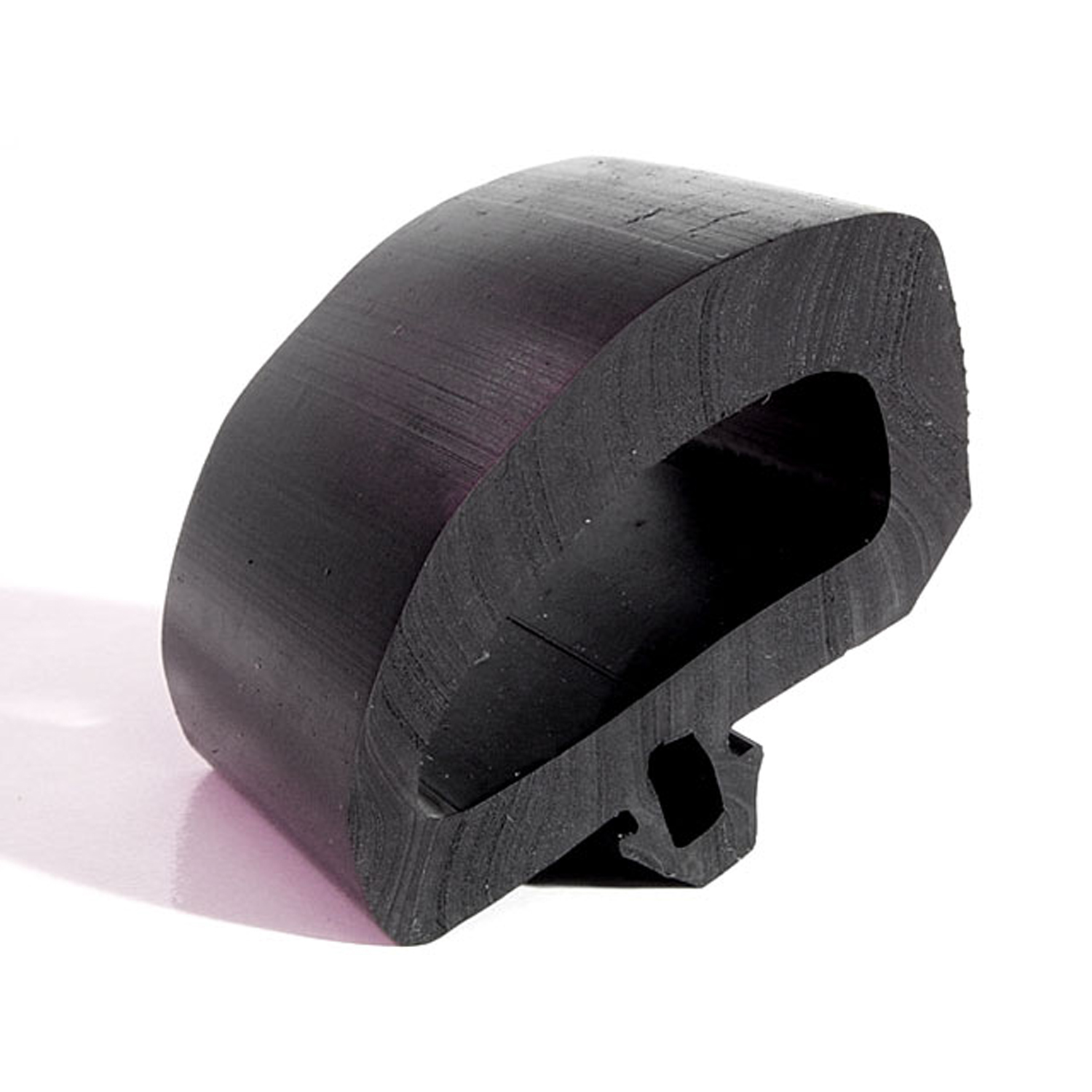 1970 Dodge Dart Hood Side Bumper. Each-HF 19-CHood Side Bumper. Each
1970 Dodge Dart Hood Side Bumper. Each-HF 19-CHood Side Bumper. Each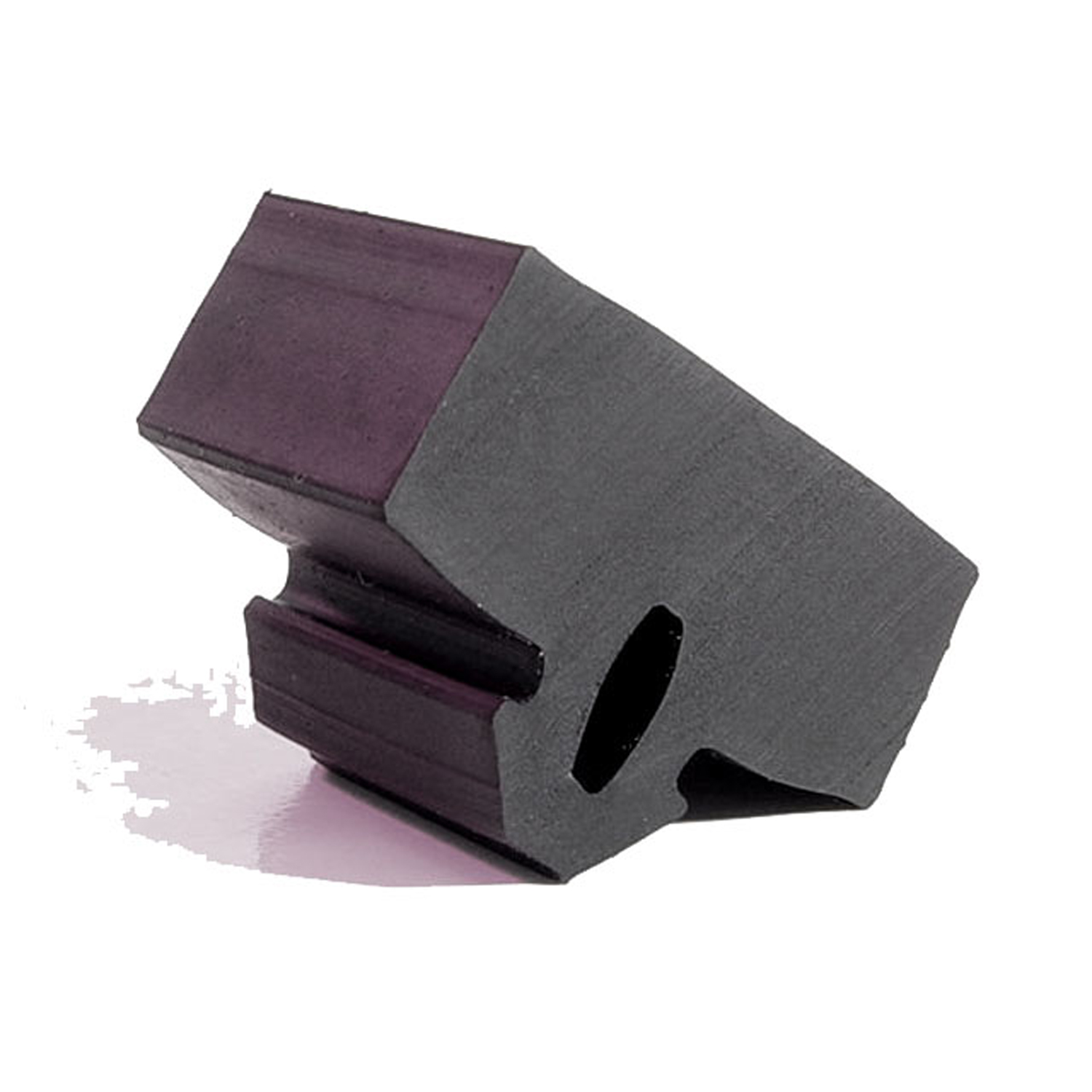 1970 Dodge Dart Trunk Bumper. Each-HF 62Trunk Bumper. Each
1970 Dodge Dart Trunk Bumper. Each-HF 62Trunk Bumper. Each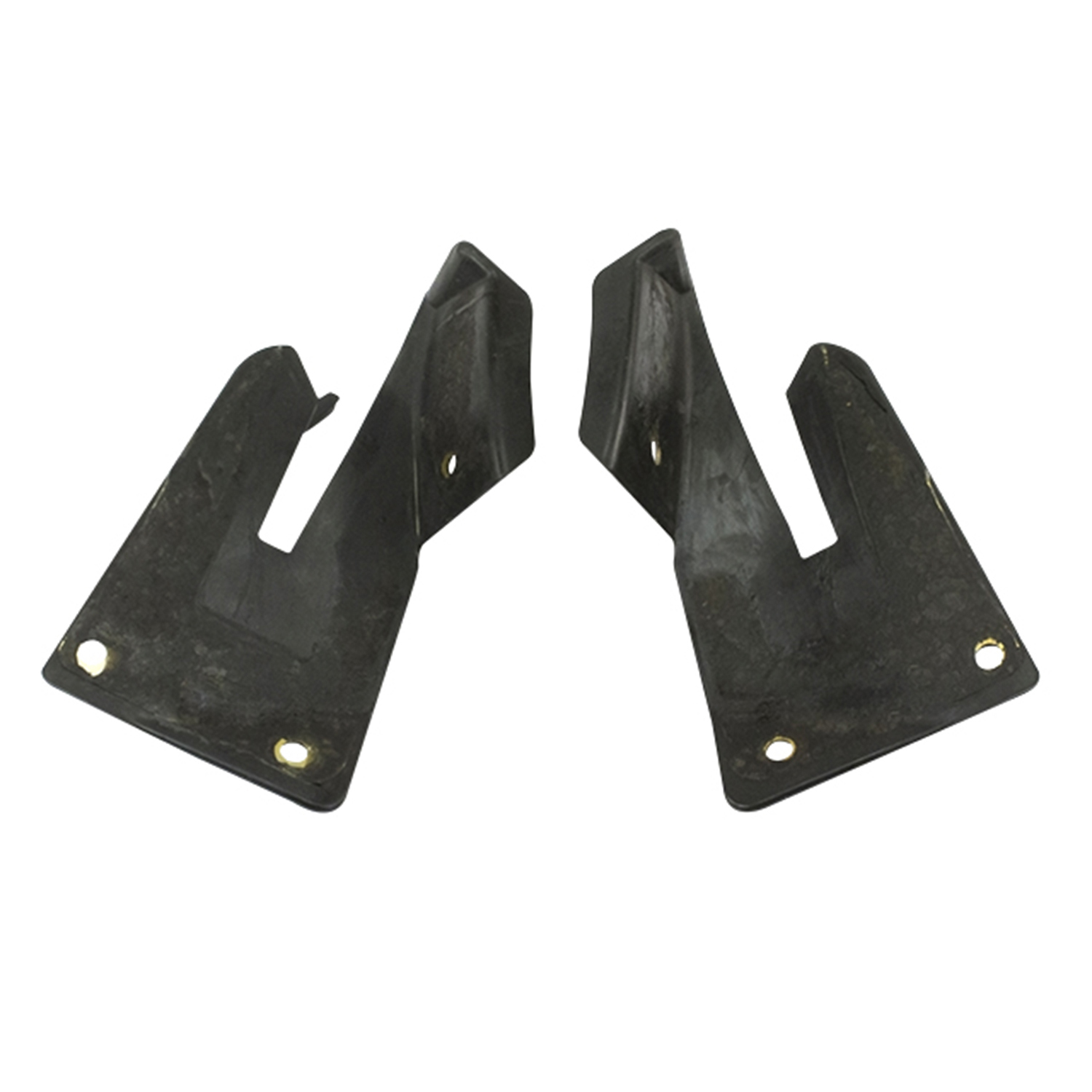 1970 Dodge Dart Quarter window pillar-post seals-IS-ALP 7009Quarter window pillar-post seals. '67-'76 Mopar A-body 2-door hardtop, fastback and convertible. Does not fit Duster/Demon/Dart Sport. Replaces OEM#'s 2486122 and 2486132. EPDM rubber with corrosion-resistant steel cores. Pair. R&L.
1970 Dodge Dart Quarter window pillar-post seals-IS-ALP 7009Quarter window pillar-post seals. '67-'76 Mopar A-body 2-door hardtop, fastback and convertible. Does not fit Duster/Demon/Dart Sport. Replaces OEM#'s 2486122 and 2486132. EPDM rubber with corrosion-resistant steel cores. Pair. R&L.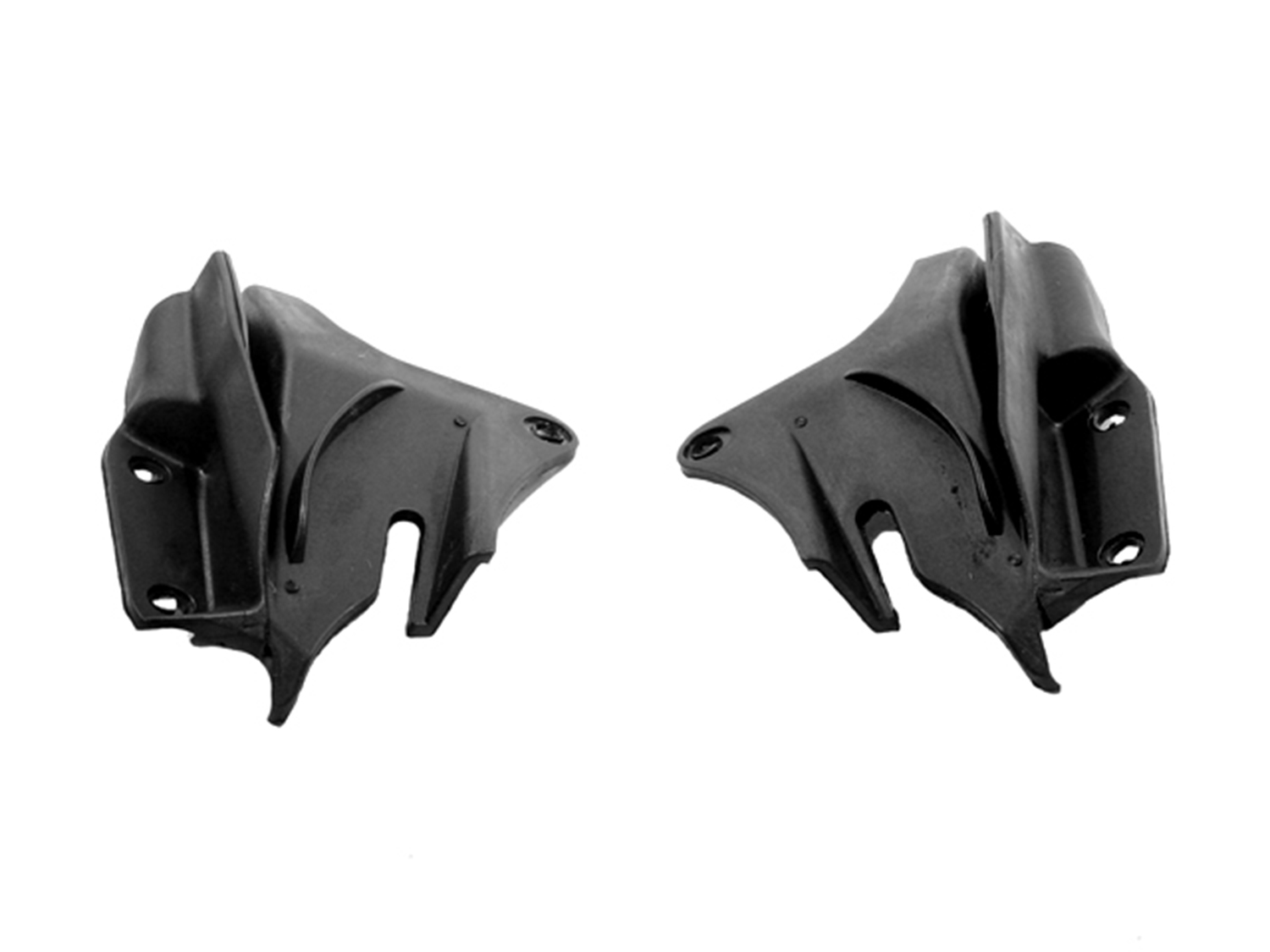 1970 Dodge Dart Door end-cap filler seals-IS-ALP 7015Door end-cap filler seals. For 2-door hardtop and convertible. Replaces OEM#'s 2663470/1. Pair. R&L.
1970 Dodge Dart Door end-cap filler seals-IS-ALP 7015Door end-cap filler seals. For 2-door hardtop and convertible. Replaces OEM#'s 2663470/1. Pair. R&L.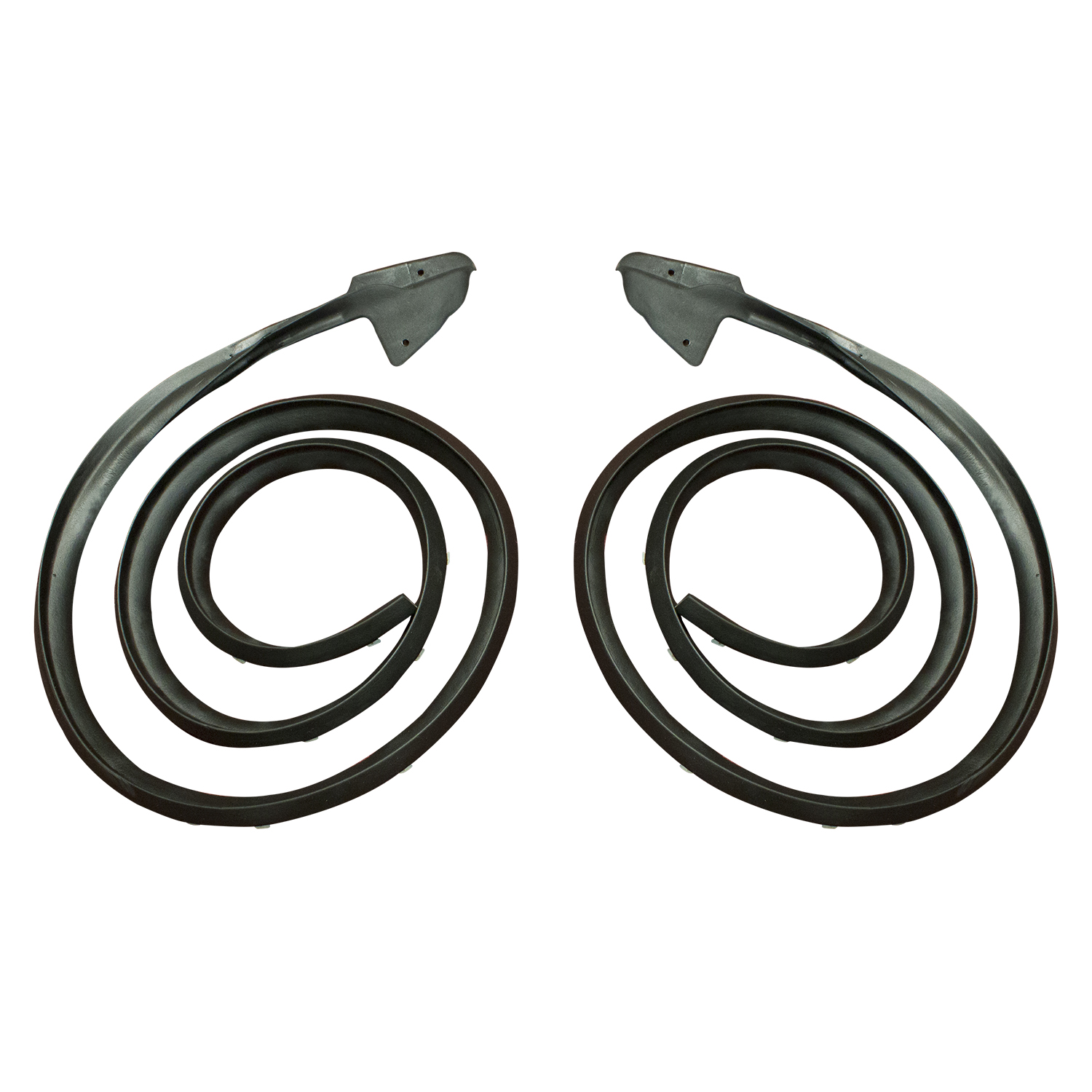 1970 Dodge Dart Molded door seals-LM 23-CMolded door seals. Fits 1967-1972 Mopar A-body 2-door hardtop, convertible, fastback and coupe. Replaces OEM#'s 3439040/1. Designed with proper clips and one molded end. Pair. R&L.
1970 Dodge Dart Molded door seals-LM 23-CMolded door seals. Fits 1967-1972 Mopar A-body 2-door hardtop, convertible, fastback and coupe. Replaces OEM#'s 3439040/1. Designed with proper clips and one molded end. Pair. R&L.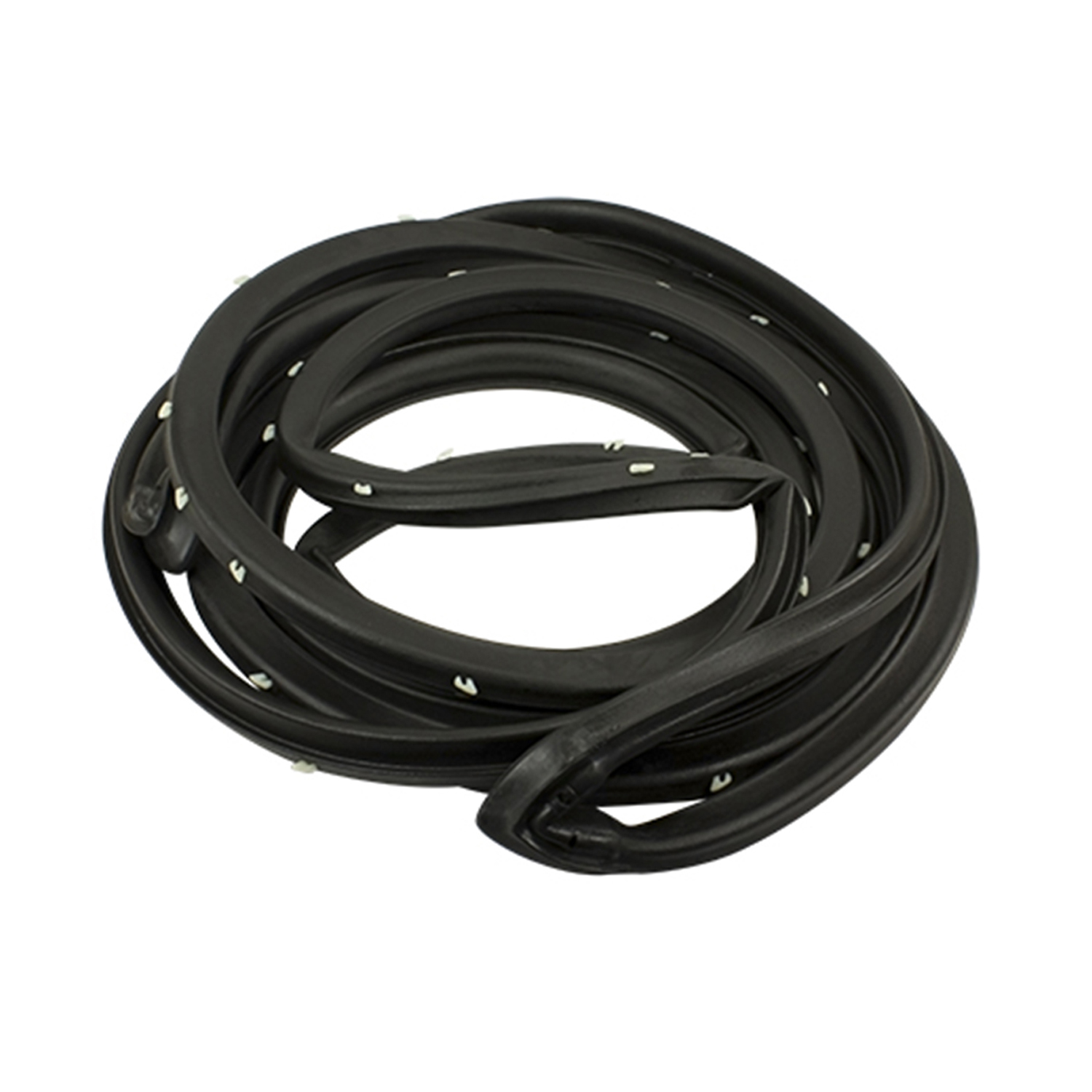 1970 Dodge Dart Front door seals. '67-'76 Dodge/Plymouth A-body 4-door sedan-LM 23-LFront door seals. '67-'76 Dodge/Plymouth A-body 4-door sedan.
1970 Dodge Dart Front door seals. '67-'76 Dodge/Plymouth A-body 4-door sedan-LM 23-LFront door seals. '67-'76 Dodge/Plymouth A-body 4-door sedan. 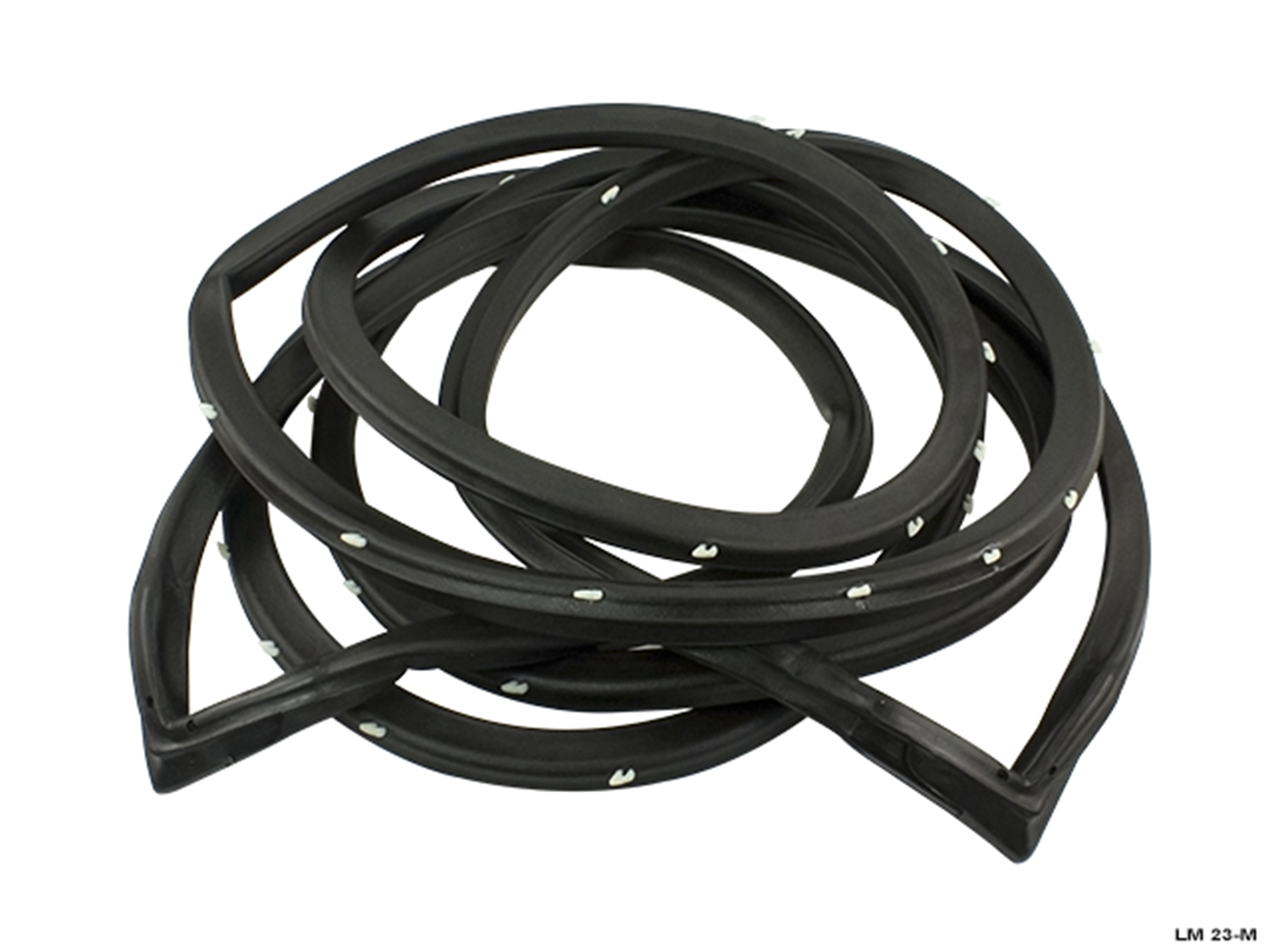 1970 Dodge Dart Rear door seals. '67-'76 Dodge/Plymouth A-body 4-door sedan-LM 23-MRear door seals. '67-'76 Dodge/Plymouth A-body 4-door sedan.
1970 Dodge Dart Rear door seals. '67-'76 Dodge/Plymouth A-body 4-door sedan-LM 23-MRear door seals. '67-'76 Dodge/Plymouth A-body 4-door sedan. 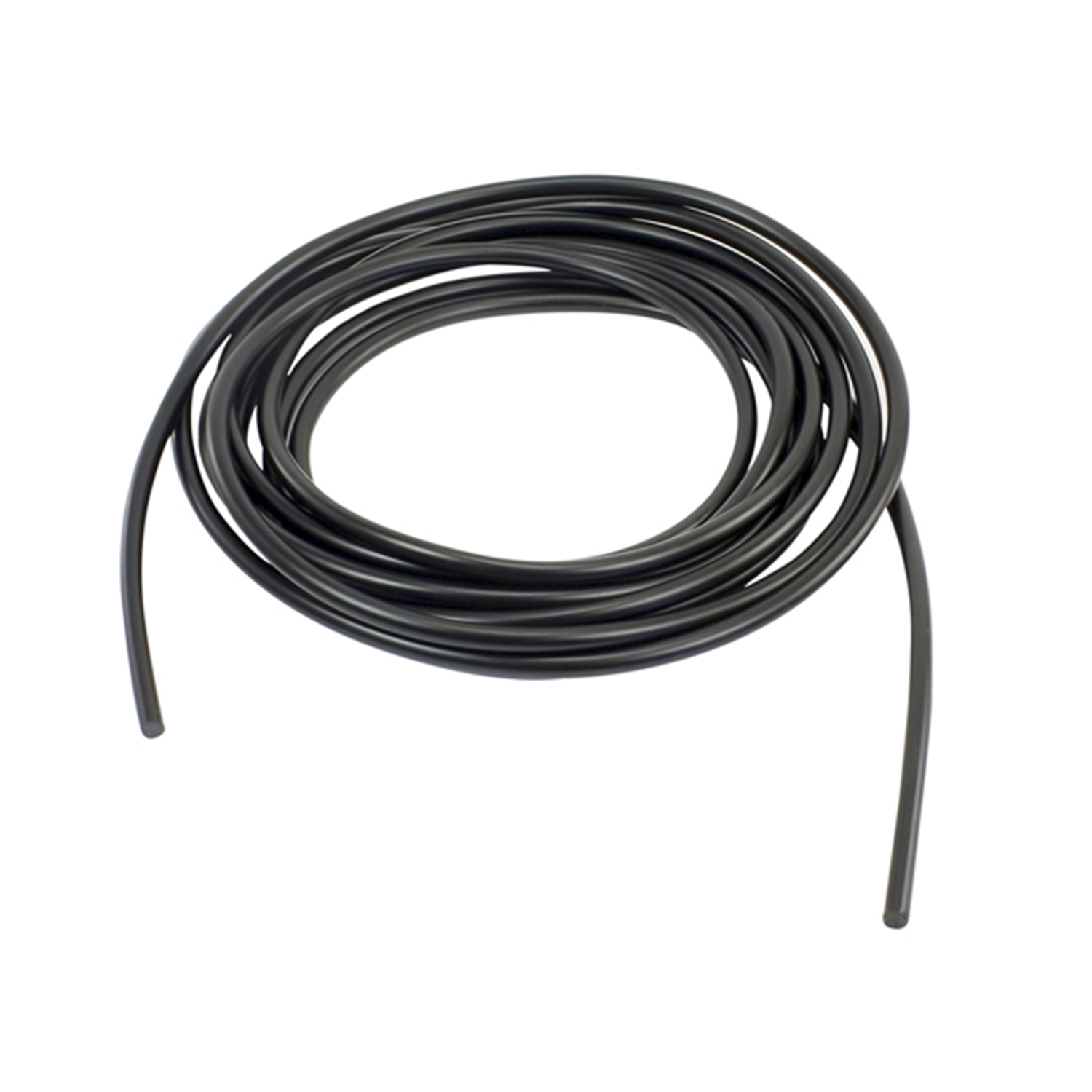 1970 Dodge Dart Windshield and rear glass lock-strip. Fits Many '57-'93 Mopars. Each.-LS 2-AWindshield and rear glass lock-strip. Fits Many '57-'93 Mopars. Each.
1970 Dodge Dart Windshield and rear glass lock-strip. Fits Many '57-'93 Mopars. Each.-LS 2-AWindshield and rear glass lock-strip. Fits Many '57-'93 Mopars. Each.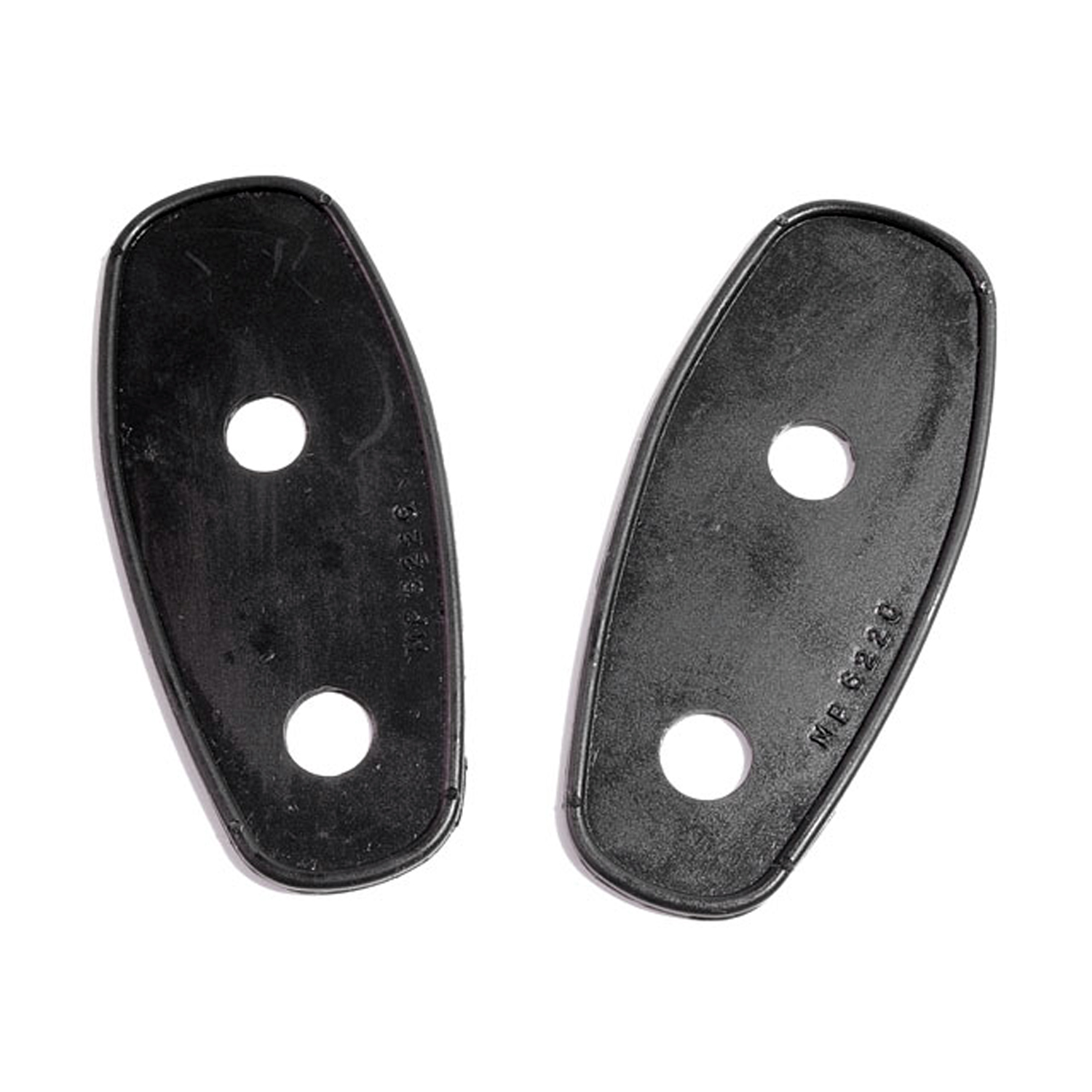 1970 Dodge Dart Rear Spoiler Mounting Pads. 2" wide X 4-3/8" long-MP 622-CRear Spoiler Mounting Pads. 2" wide X 4-3/8" long. Pair R&L
1970 Dodge Dart Rear Spoiler Mounting Pads. 2" wide X 4-3/8" long-MP 622-CRear Spoiler Mounting Pads. 2" wide X 4-3/8" long. Pair R&L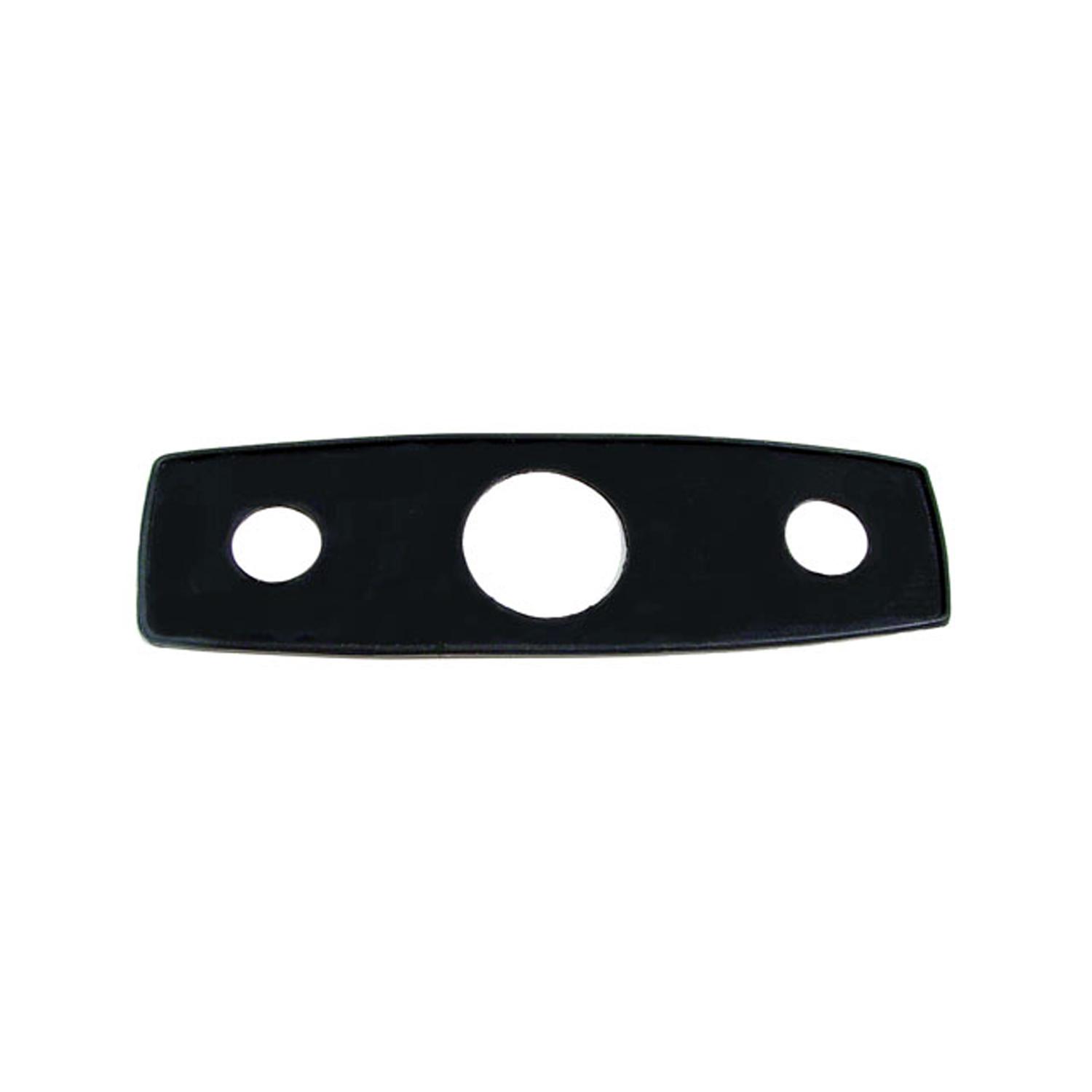 1970 Dodge Dart Racing Style Outside Mirror Pad. 1-3/8" wide X 4-1/2" long-MP 622-DRacing Style Outside Mirror Pad. 1-3/8" wide X 4-1/2" long. Replaces OEM #345-4052-63806 Each
1970 Dodge Dart Racing Style Outside Mirror Pad. 1-3/8" wide X 4-1/2" long-MP 622-DRacing Style Outside Mirror Pad. 1-3/8" wide X 4-1/2" long. Replaces OEM #345-4052-63806 Each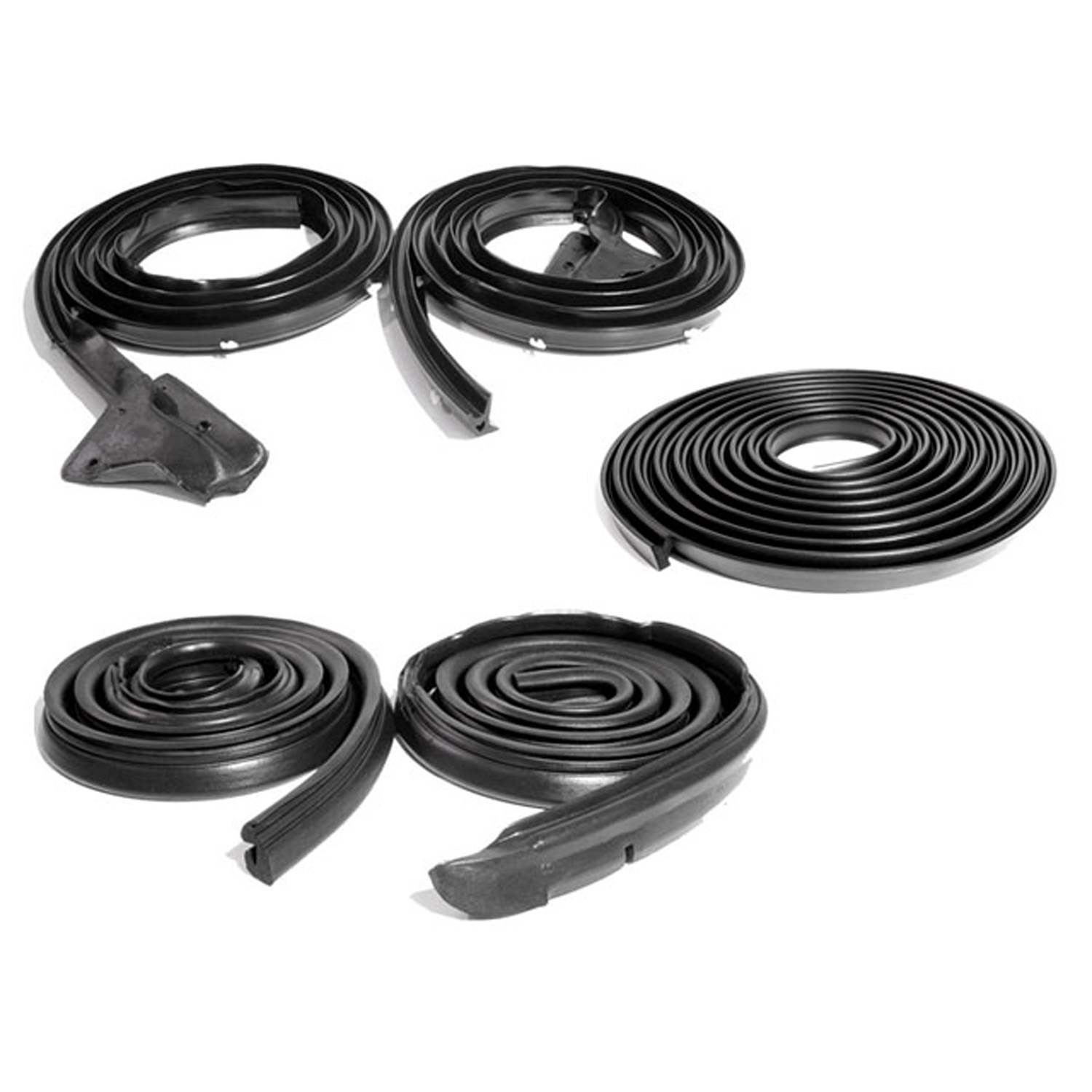 1970 Dodge Dart Basic kit-RKB 4005-115Basic kit. '67-'72 Mopar A-body 2-door hardtops with vent window. (Does not fit Fastback Coupe). Door (LM 23-C), roof-rail (RR 4001-B) and trunk (TK 64-A/18) seals. 5-piece set.
1970 Dodge Dart Basic kit-RKB 4005-115Basic kit. '67-'72 Mopar A-body 2-door hardtops with vent window. (Does not fit Fastback Coupe). Door (LM 23-C), roof-rail (RR 4001-B) and trunk (TK 64-A/18) seals. 5-piece set.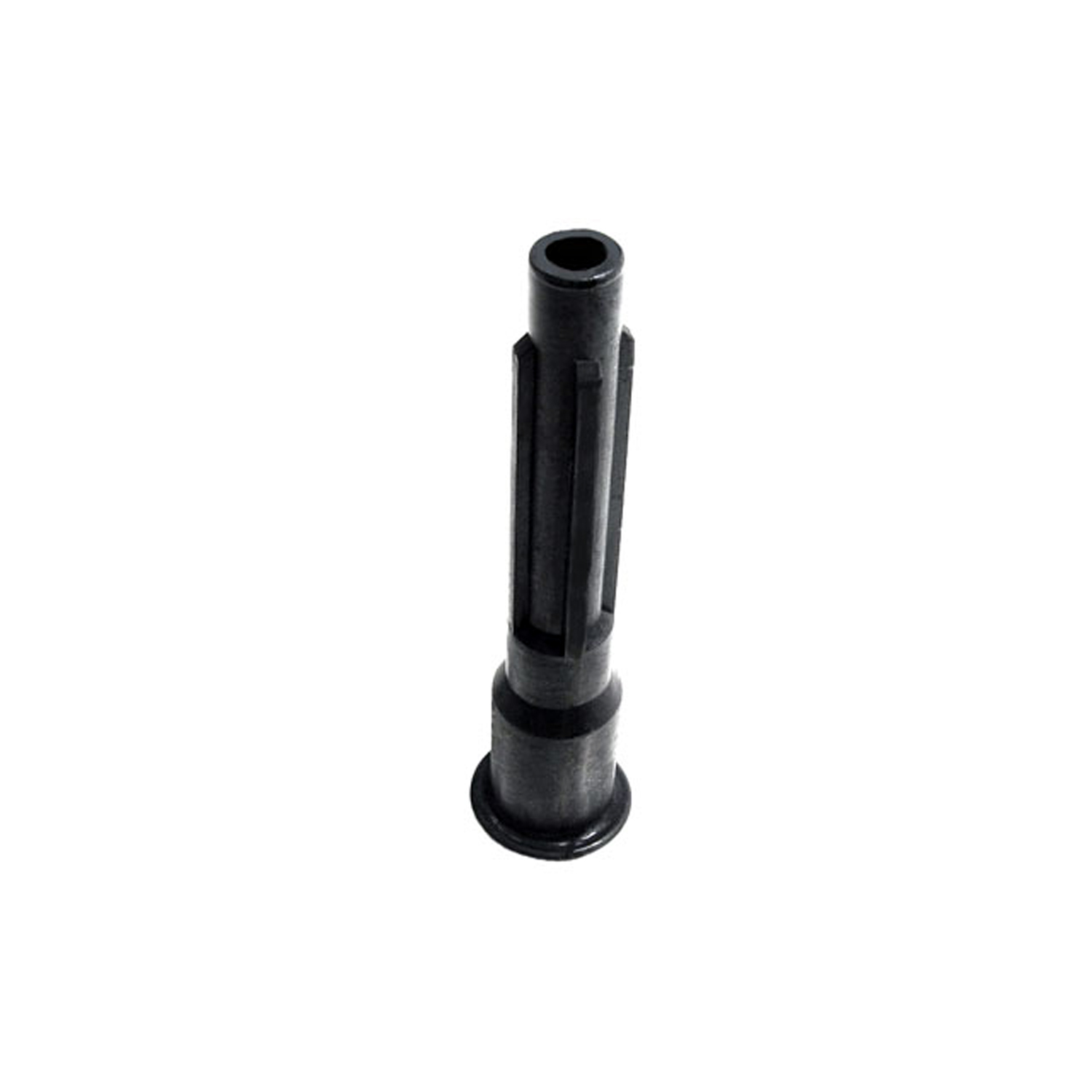 1970 Dodge Dart Flexible Spark Plug Boot, used on Hemi's with power brakes-RP 1-MFlexible Spark Plug Boot, used on Hemi's with power brakes. 4" long, 5/16" upper i.d., 5/8" lower i.d. Each
1970 Dodge Dart Flexible Spark Plug Boot, used on Hemi's with power brakes-RP 1-MFlexible Spark Plug Boot, used on Hemi's with power brakes. 4" long, 5/16" upper i.d., 5/8" lower i.d. Each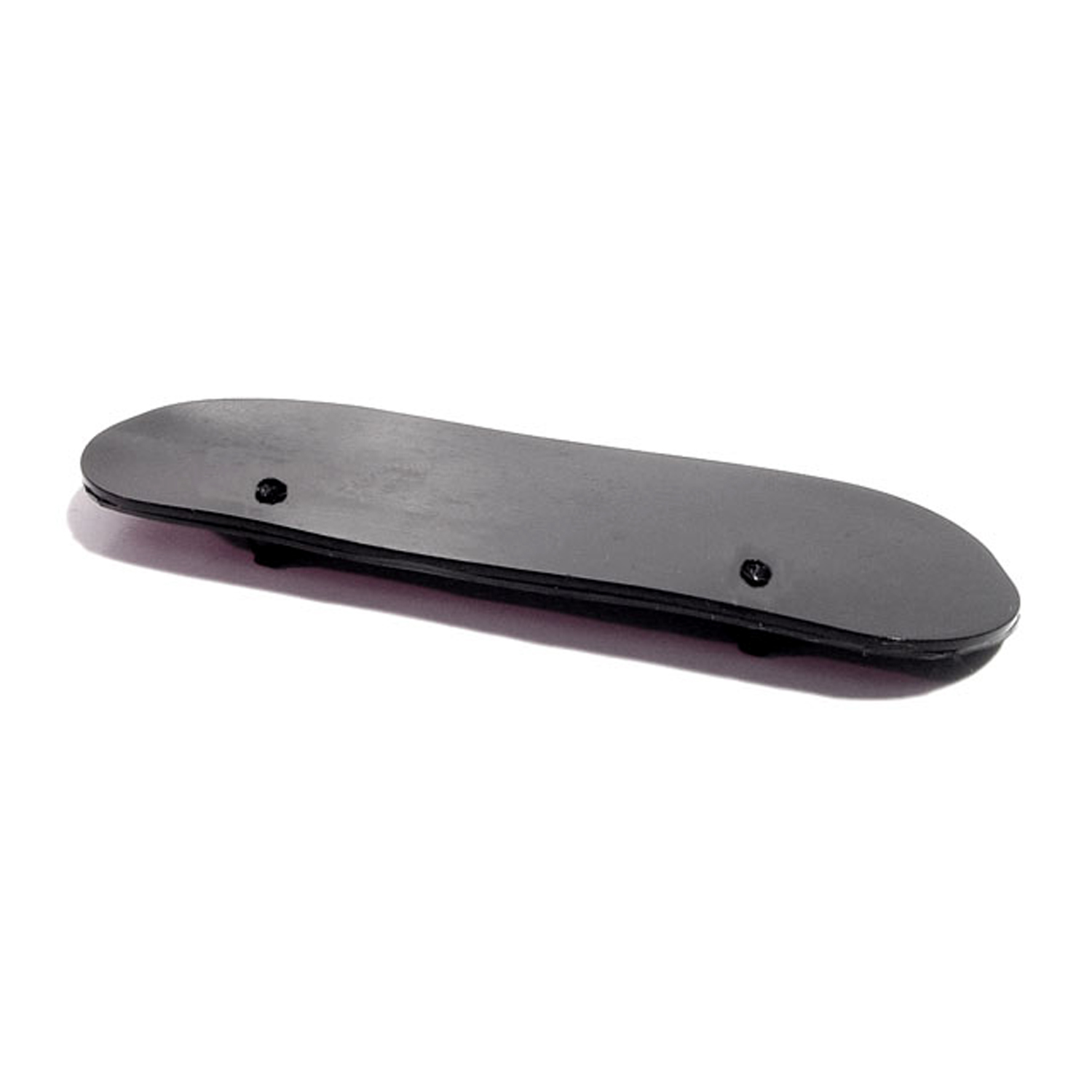 1970 Dodge Dart Drain Flap on Cowl. Each-RP 900-ADrain Flap on Cowl. Each
1970 Dodge Dart Drain Flap on Cowl. Each-RP 900-ADrain Flap on Cowl. Each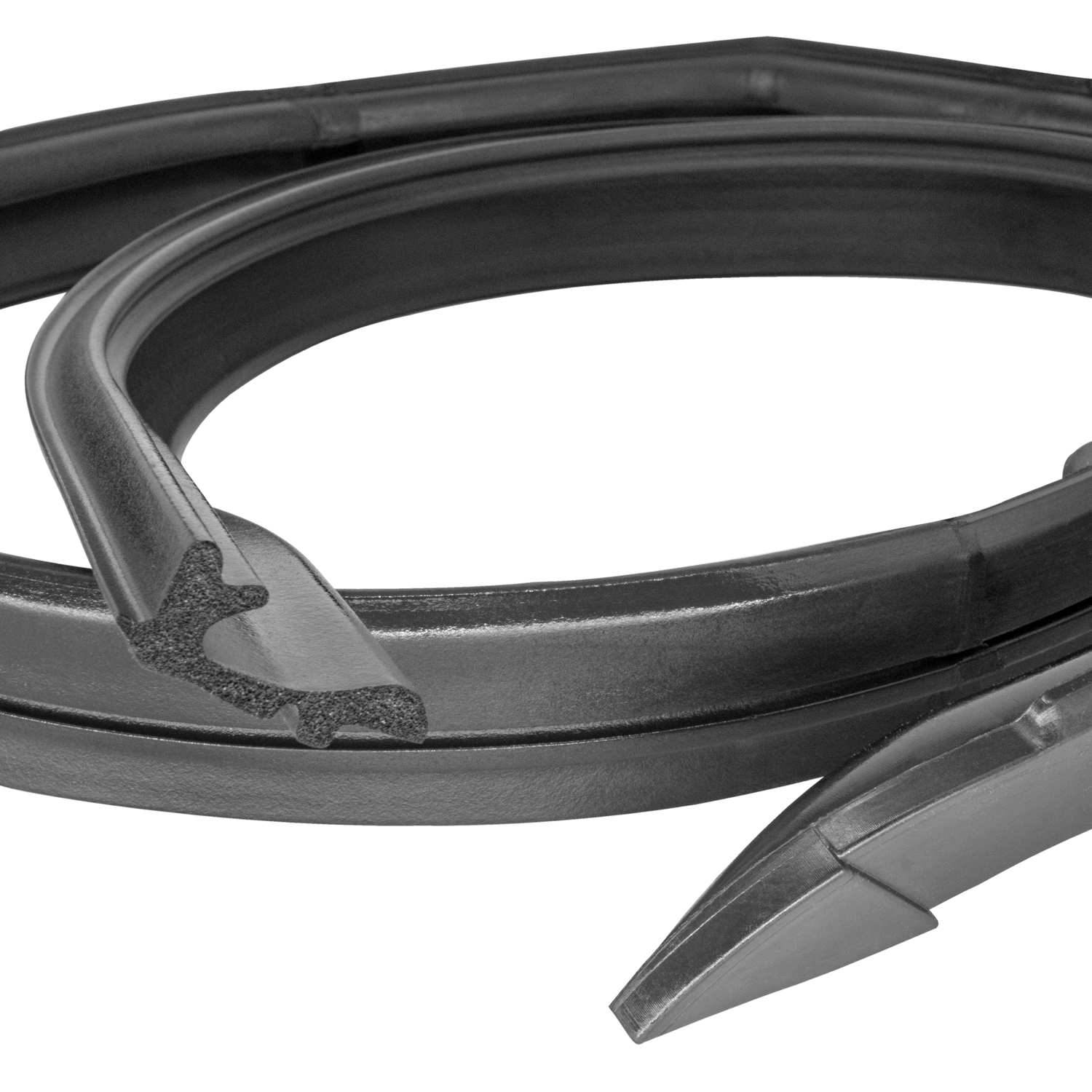 1970 Dodge Dart Roof-rail seals-RR 4001-BRoof-rail seals. '67-'72 Mopar 2-door hardtop with vent windows. (Does not fit Fastback Coupe). Replaces OEM#'s 2604106/7. Pair. R&L.
1970 Dodge Dart Roof-rail seals-RR 4001-BRoof-rail seals. '67-'72 Mopar 2-door hardtop with vent windows. (Does not fit Fastback Coupe). Replaces OEM#'s 2604106/7. Pair. R&L.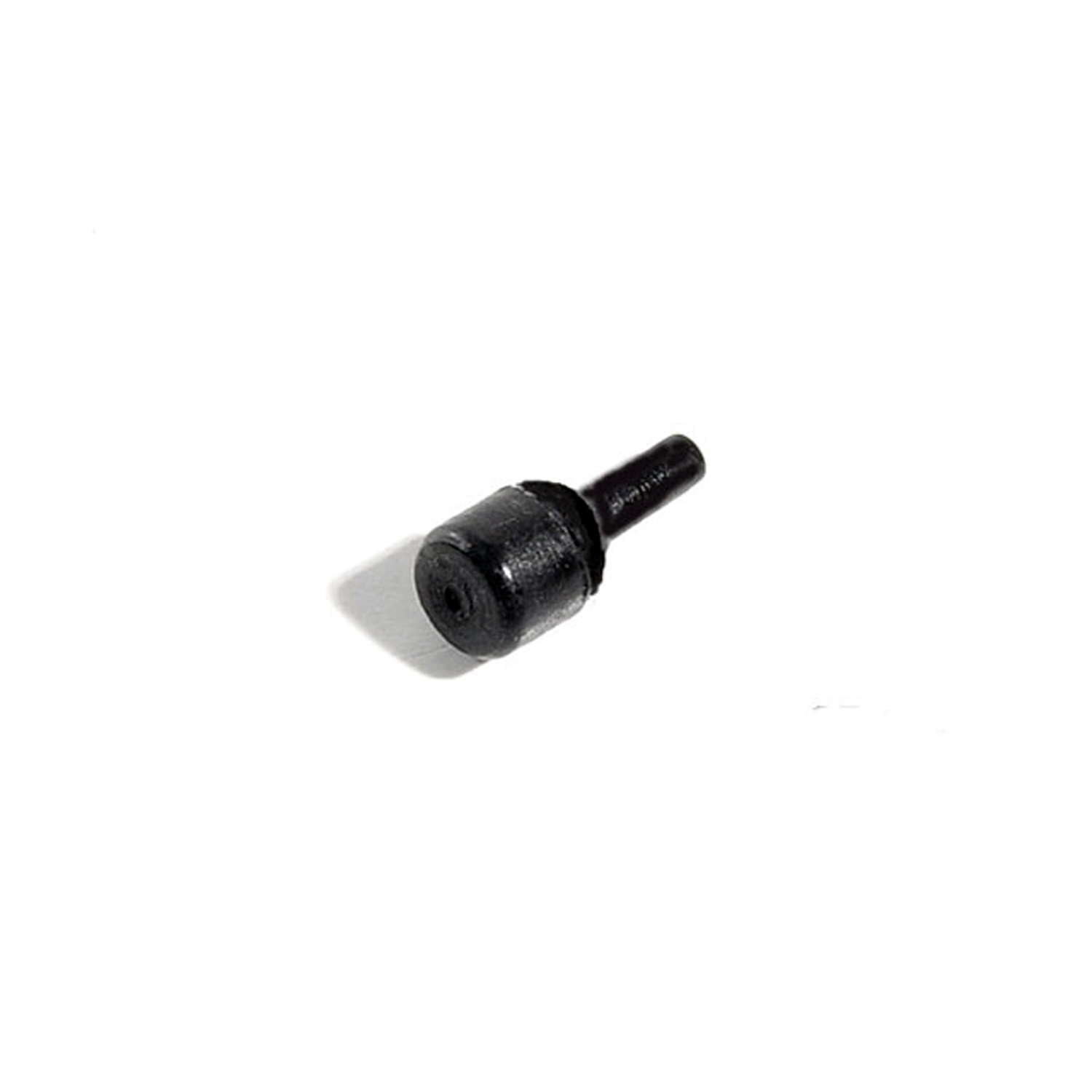 1970 Dodge Dart Ashtray Bumper. 9/16" Long. Each-SB 120Ashtray Bumper. 9/16" Long. Each
1970 Dodge Dart Ashtray Bumper. 9/16" Long. Each-SB 120Ashtray Bumper. 9/16" Long. Each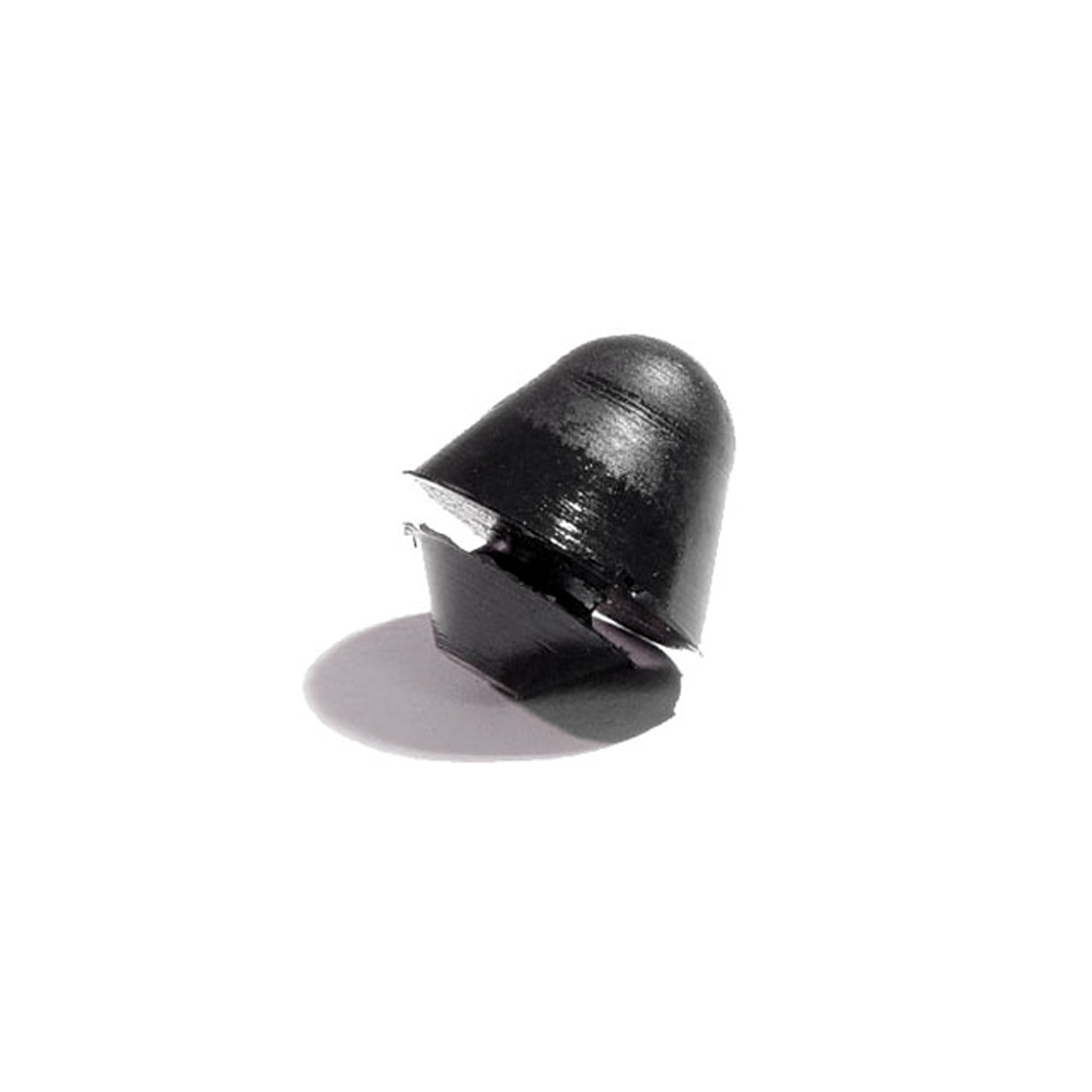 1970 Dodge Dart Glove Box Bumper. Each-SB 121-AGlove Box Bumper. Each
1970 Dodge Dart Glove Box Bumper. Each-SB 121-AGlove Box Bumper. Each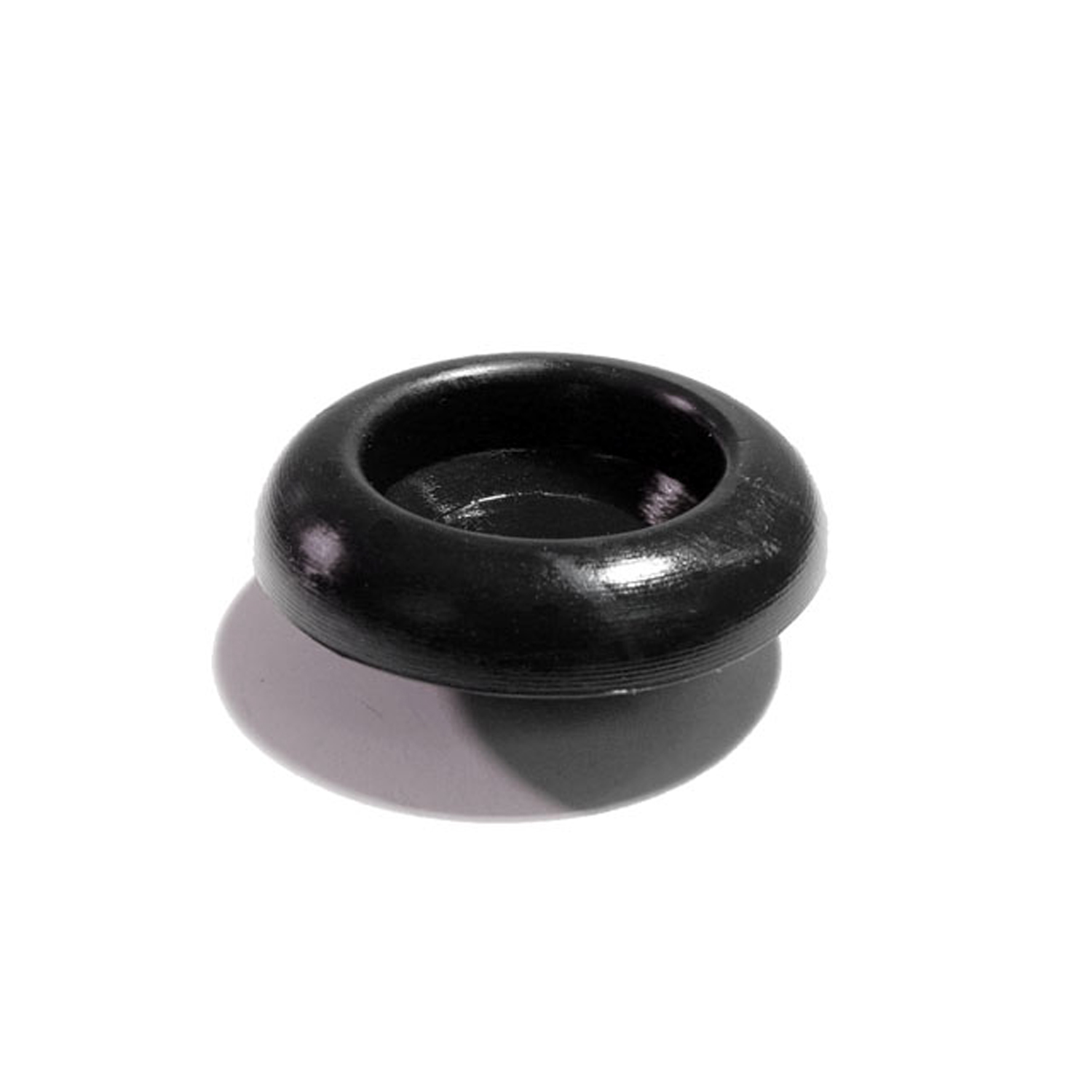 1970 Dodge Dart Trunk and Body Plug. Fits 1-1/8" hole. Each-SB 127-DTrunk and Body Plug. Fits 1-1/8" hole. Each
1970 Dodge Dart Trunk and Body Plug. Fits 1-1/8" hole. Each-SB 127-DTrunk and Body Plug. Fits 1-1/8" hole. Each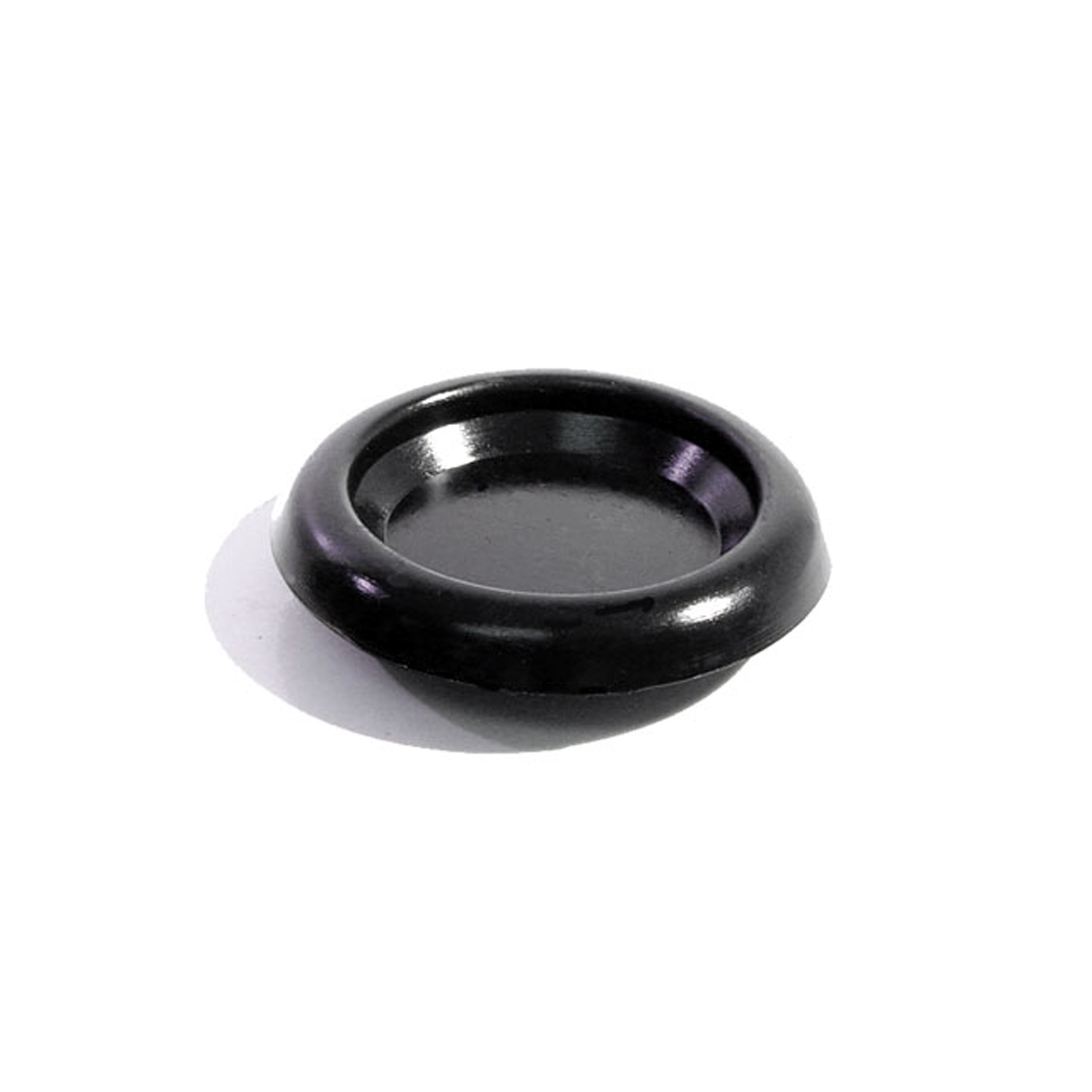 1970 Dodge Dart Trunk and Body Plug. Fits 1-15/16" hole. Each-SB 127-ETrunk and Body Plug. Fits 1-15/16" hole. Each
1970 Dodge Dart Trunk and Body Plug. Fits 1-15/16" hole. Each-SB 127-ETrunk and Body Plug. Fits 1-15/16" hole. Each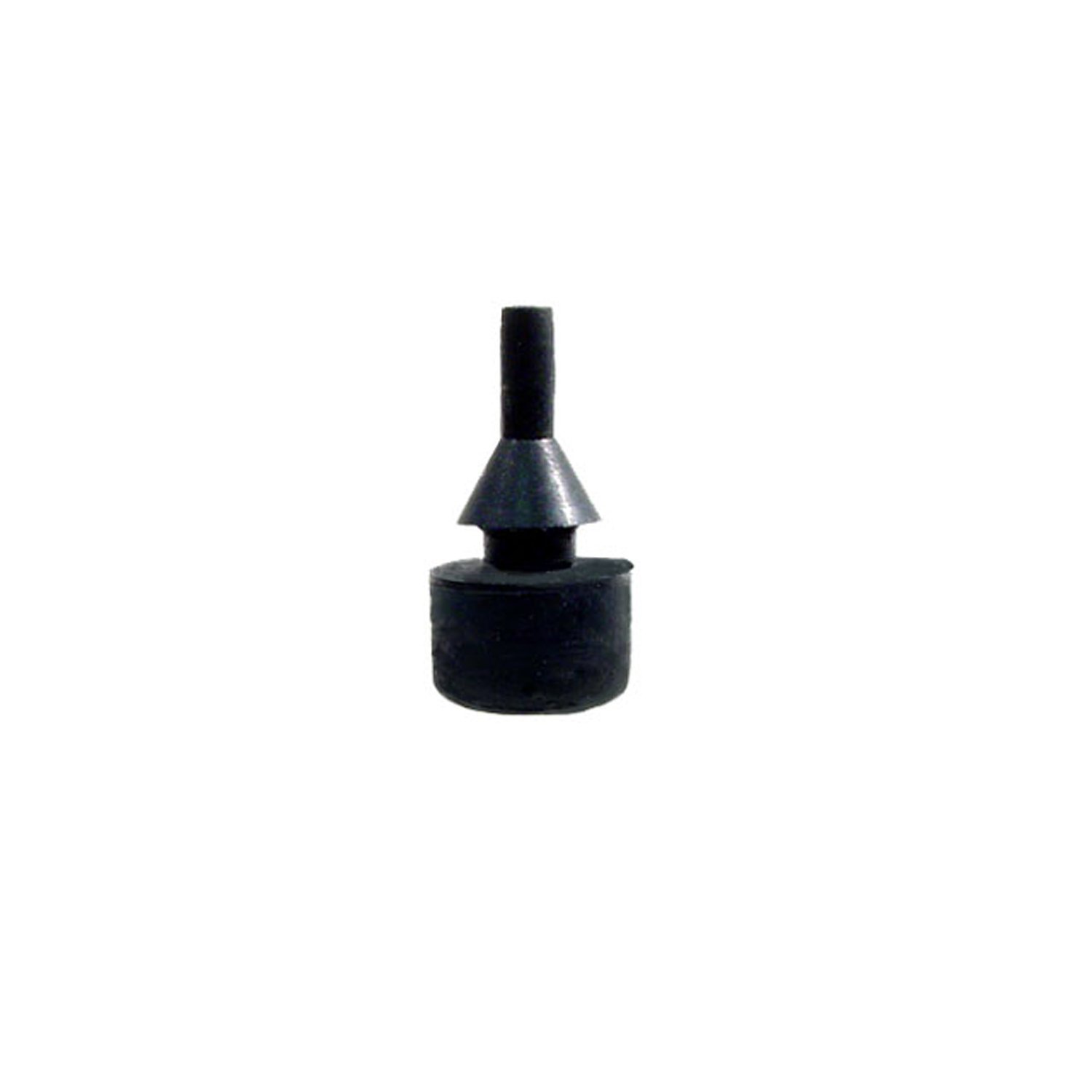 1970 Dodge Dart License Plate Bumper. 7/16" O.D., fits a 1/4" hole. Each-SB 86License Plate Bumper. 7/16" O.D., fits a 1/4" hole. Each
1970 Dodge Dart License Plate Bumper. 7/16" O.D., fits a 1/4" hole. Each-SB 86License Plate Bumper. 7/16" O.D., fits a 1/4" hole. Each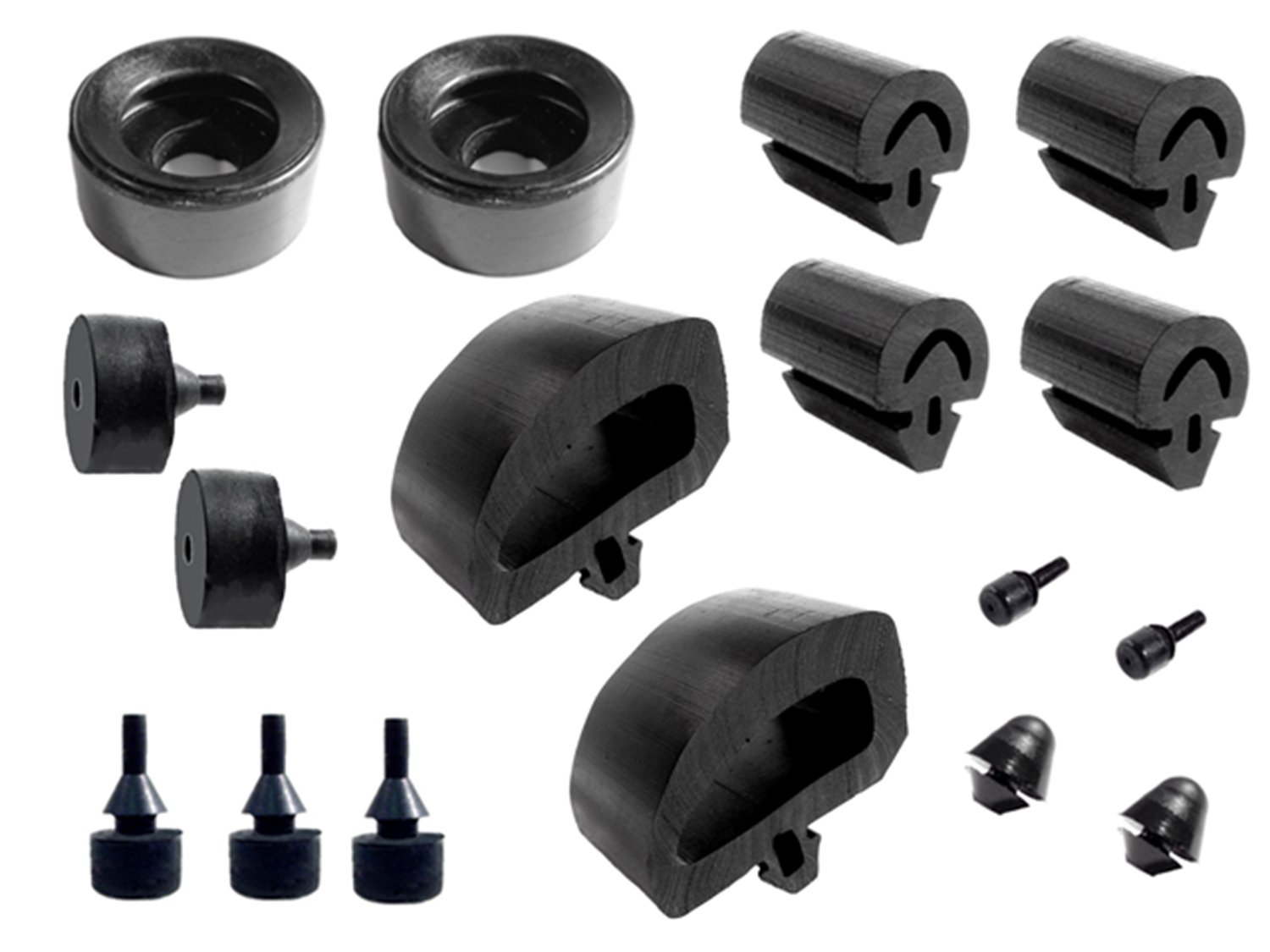 1970 Dodge Dart Snap-in-bumper kit-SBK 2331Snap-in-bumper kit. 19-piece set includes: (4) DB 50-M, (2) HA 8-A, (4) HF 19-C, (2) SB 120, (2) SB 121-A, (2) SB 124, (3) SB 86.
1970 Dodge Dart Snap-in-bumper kit-SBK 2331Snap-in-bumper kit. 19-piece set includes: (4) DB 50-M, (2) HA 8-A, (4) HF 19-C, (2) SB 120, (2) SB 121-A, (2) SB 124, (3) SB 86.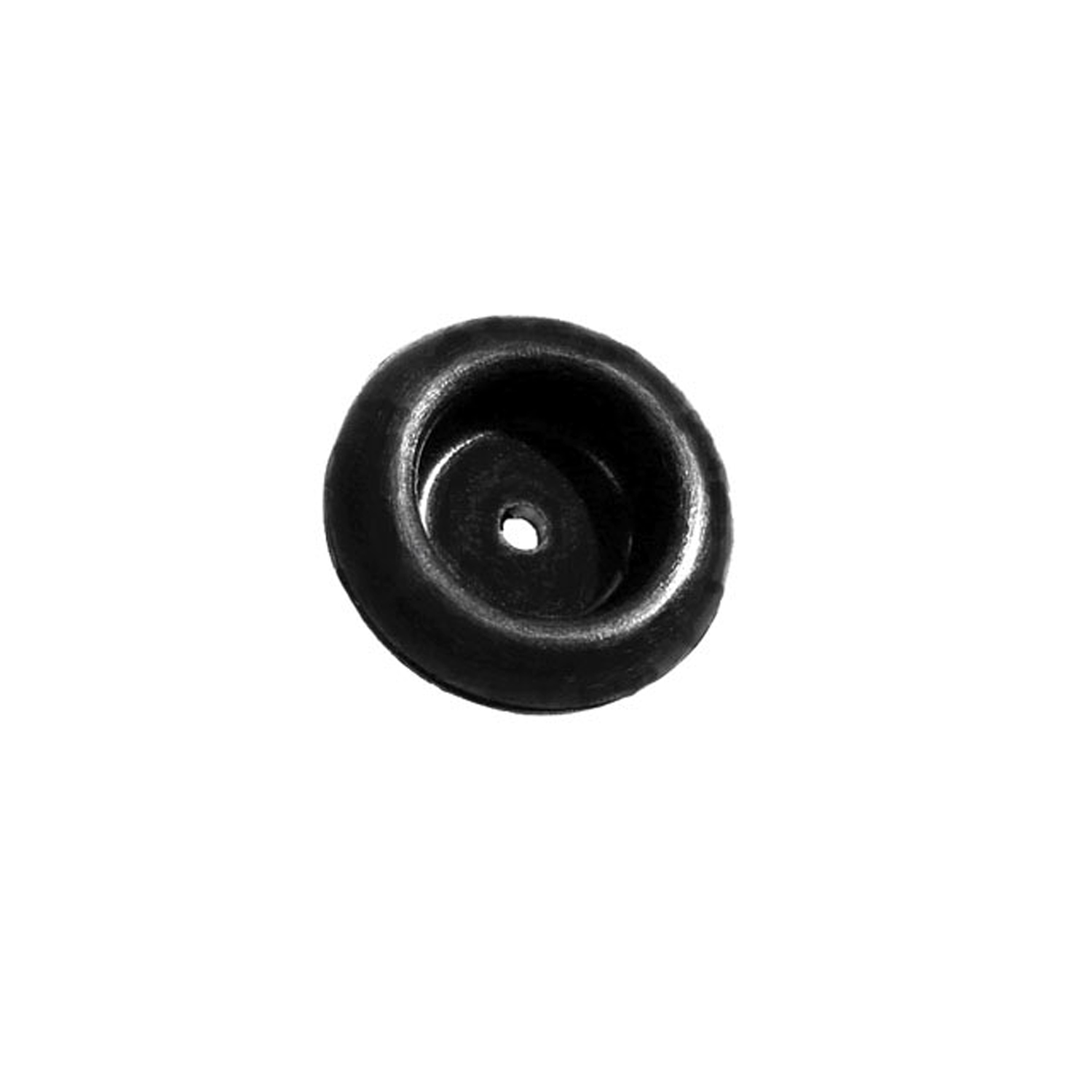 1970 Dodge Dart Floor Panel Wire Grommet. Fits 3/4" hole. Each-SM 49Floor Panel Wire Grommet. Fits 3/4" hole. Each
1970 Dodge Dart Floor Panel Wire Grommet. Fits 3/4" hole. Each-SM 49Floor Panel Wire Grommet. Fits 3/4" hole. Each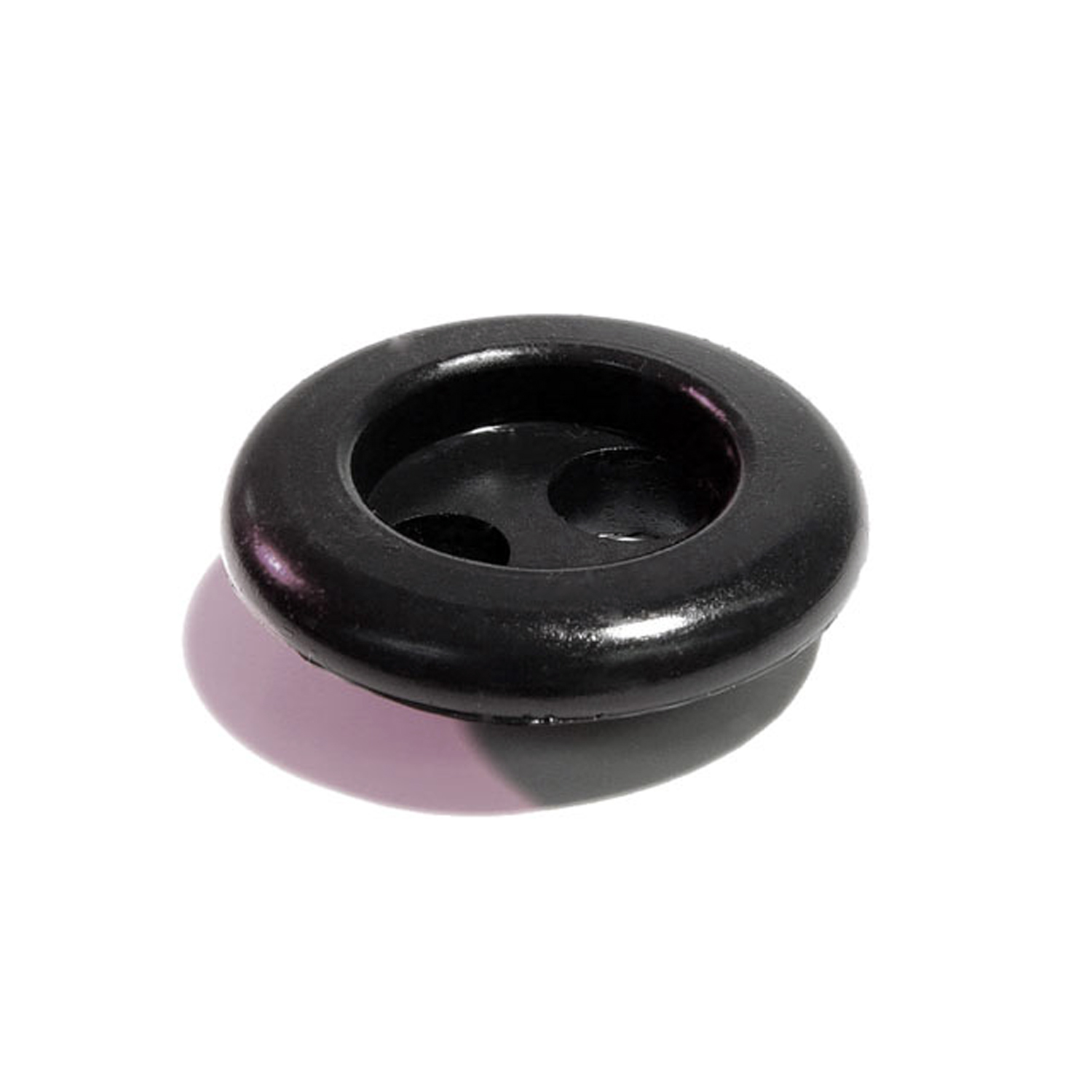 1970 Dodge Dart Manual Wiper Pump Firewall Grommet. 1-3/4" O.D-SM 56-AManual Wiper Pump Firewall Grommet. 1-3/4" O.D., fits 1-1/2" hole. Each
1970 Dodge Dart Manual Wiper Pump Firewall Grommet. 1-3/4" O.D-SM 56-AManual Wiper Pump Firewall Grommet. 1-3/4" O.D., fits 1-1/2" hole. Each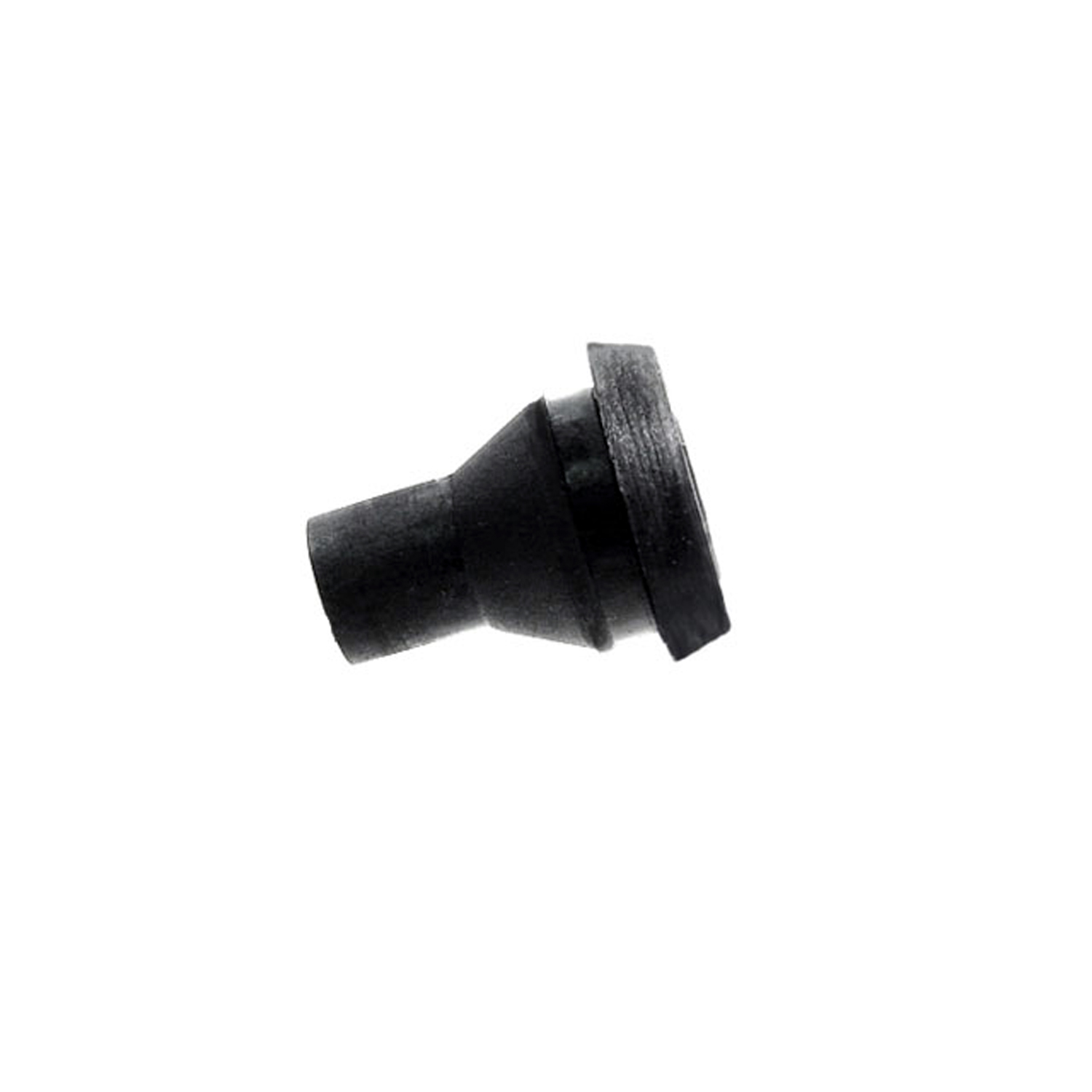 1970 Dodge Dart License Light Wire Grommet. Each-SM 72License Light Wire Grommet. Each
1970 Dodge Dart License Light Wire Grommet. Each-SM 72License Light Wire Grommet. Each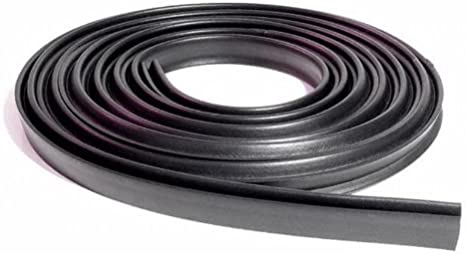 1970 Dodge Dart Trunk Seal Fits 70 Dart-TK 2324This Trunk Weatherstrip is designed from the original part for superior fitment and easy install.
1970 Dodge Dart Trunk Seal Fits 70 Dart-TK 2324This Trunk Weatherstrip is designed from the original part for superior fitment and easy install.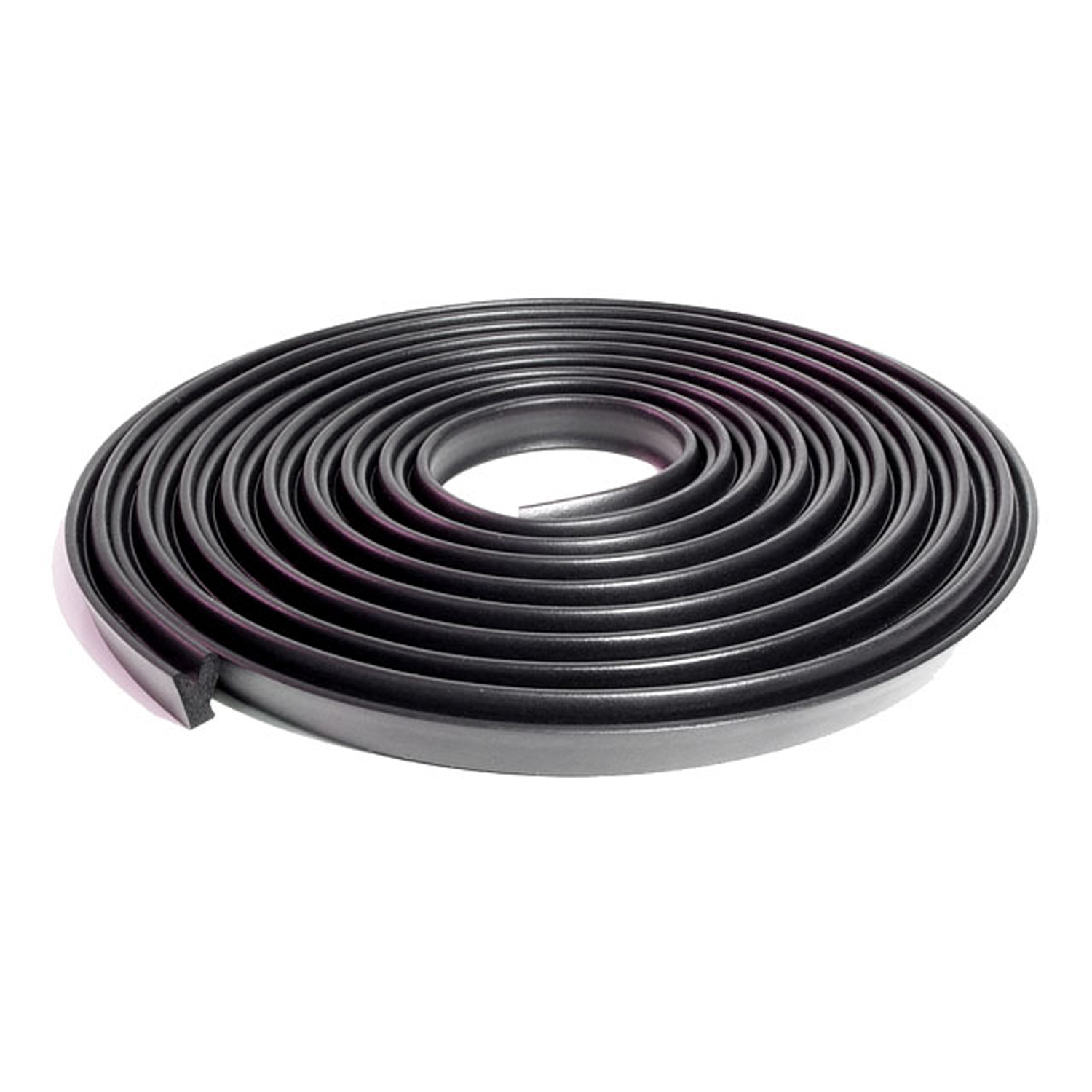 1970 Dodge Dart Trunk Seal-TK 64-A/18Trunk Seal. For cars with flat (not D-shaped) trunk seal end profile. Each
1970 Dodge Dart Trunk Seal-TK 64-A/18Trunk Seal. For cars with flat (not D-shaped) trunk seal end profile. Each 1970 Dodge Dart Trunk Mat-TM 2706Trunk Mat. High quality reproduction, made specific for vehicle. Print on rubber. Each
1970 Dodge Dart Trunk Mat-TM 2706Trunk Mat. High quality reproduction, made specific for vehicle. Print on rubber. Each 1970 Dodge Dart Nylon Lock Cylinder Gasket. 1-1/4" O.D., 7/8" I.D. Each-UM 2700-104Nylon Lock Cylinder Gasket. 1-1/4" O.D., 7/8" I.D. Each
1970 Dodge Dart Nylon Lock Cylinder Gasket. 1-1/4" O.D., 7/8" I.D. Each-UM 2700-104Nylon Lock Cylinder Gasket. 1-1/4" O.D., 7/8" I.D. Each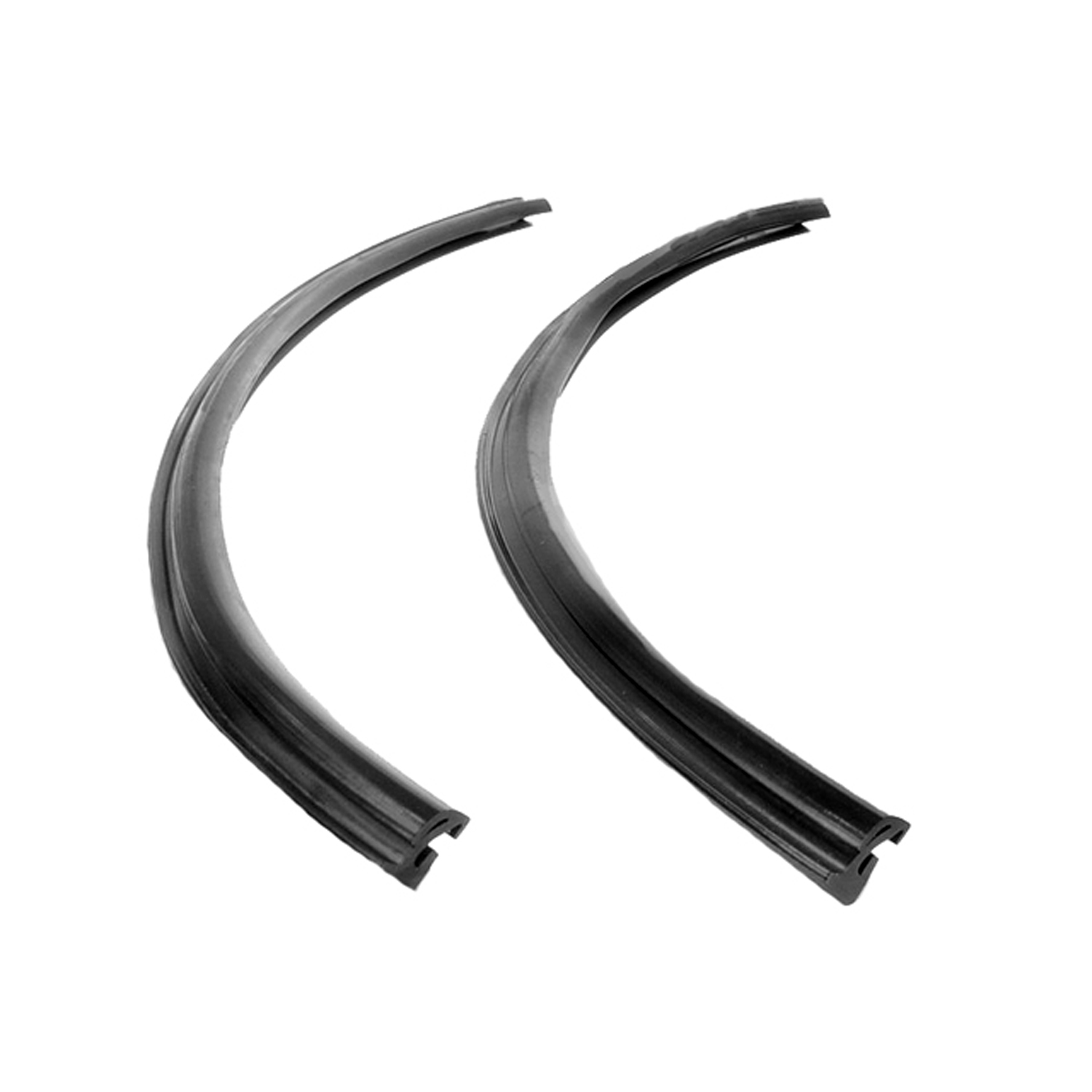 1970 Dodge Dart Rear Roll-Up Window Seals. Two pieces, 20" long-VS 7-ARear Roll-Up Window Seals. Two pieces, 20" long. Replaces OEM #2782560-1. Pair
1970 Dodge Dart Rear Roll-Up Window Seals. Two pieces, 20" long-VS 7-ARear Roll-Up Window Seals. Two pieces, 20" long. Replaces OEM #2782560-1. Pair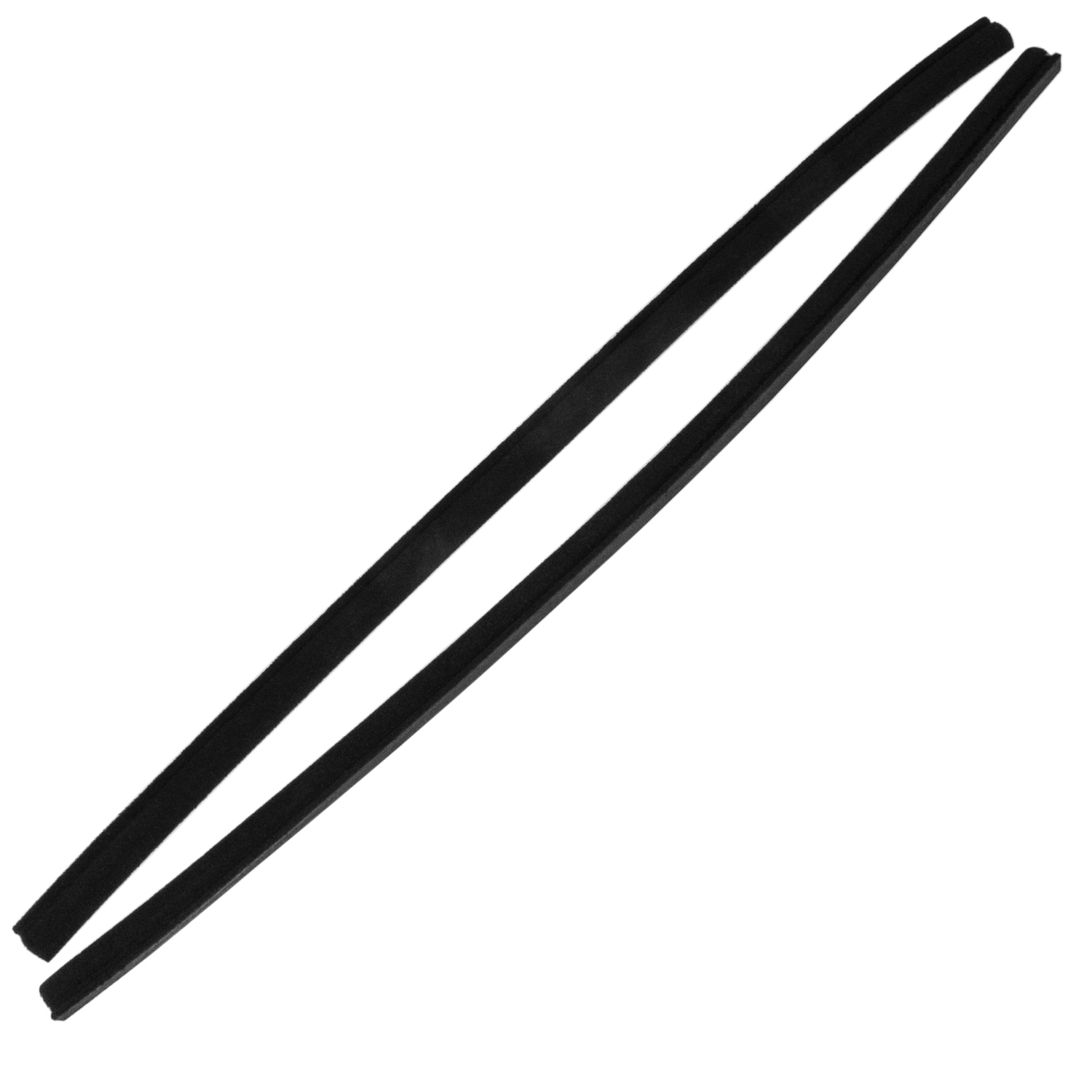 1970 Dodge Dart Rear Roll-Up Window Seals. Two pieces, 20" long-VS 7-A/FLRear Roll-Up Window Seals. Two pieces, 20" long. Black, electrostatically flocked. Pair
1970 Dodge Dart Rear Roll-Up Window Seals. Two pieces, 20" long-VS 7-A/FLRear Roll-Up Window Seals. Two pieces, 20" long. Black, electrostatically flocked. Pair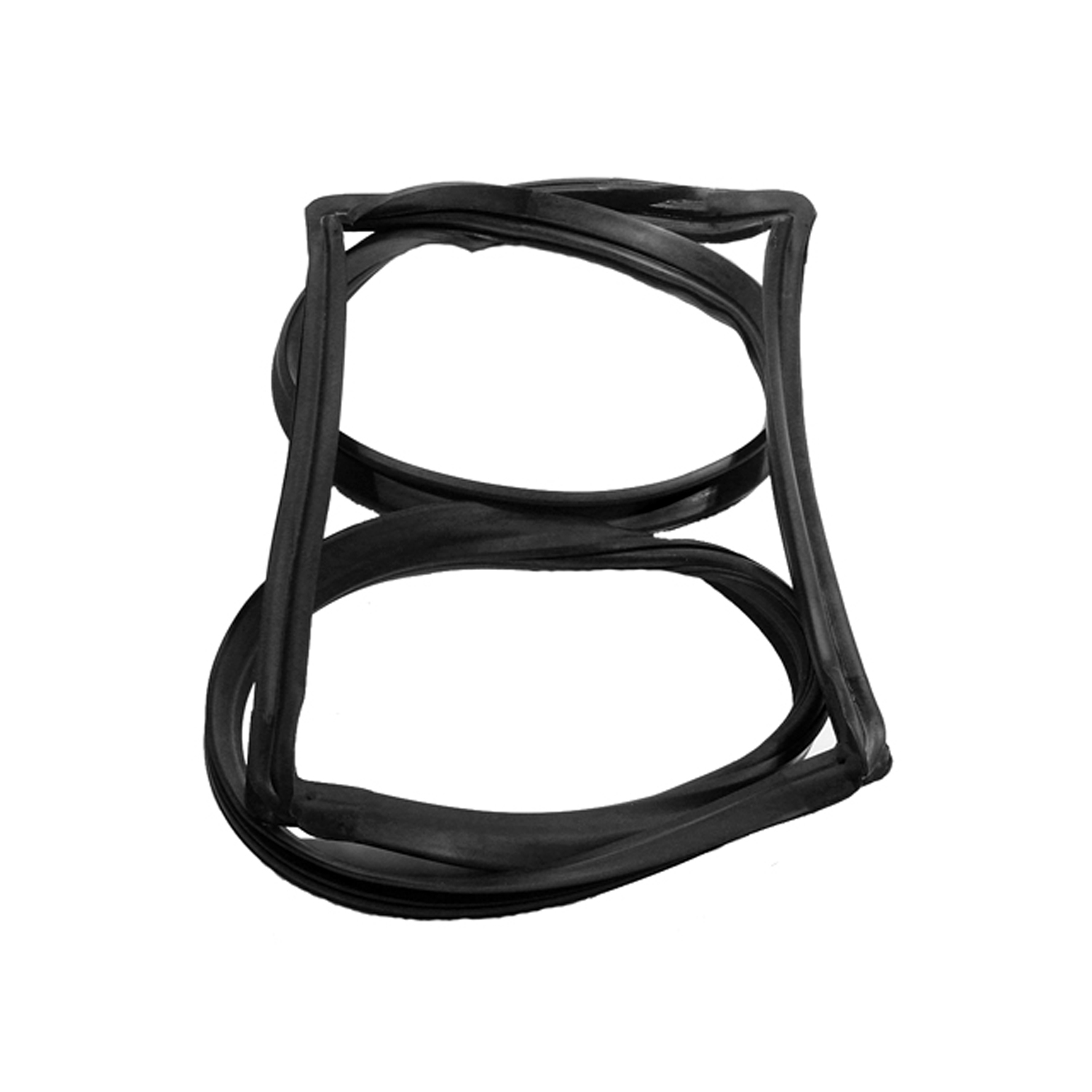 1970 Dodge Dart Vulcanized windshield seal-VWS 2705Vulcanized windshield seal. Fits all '68-70 Dart, '68-'69 'Cuda, '70 Duster and '71-'76 Swinger 2-door hardtops. Accepts chrome molding. Does not fit Dart Sport or Demon. Each.
1970 Dodge Dart Vulcanized windshield seal-VWS 2705Vulcanized windshield seal. Fits all '68-70 Dart, '68-'69 'Cuda, '70 Duster and '71-'76 Swinger 2-door hardtops. Accepts chrome molding. Does not fit Dart Sport or Demon. Each.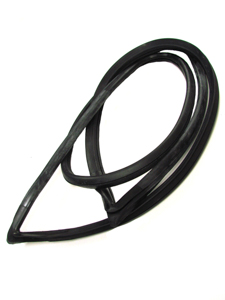 1970 Dodge Dart Vulcanized Rear Windshield Seal-VWS 2705-RVulcanized Rear Windshield Seal. For 2-door hardtop, does not fit fastback. Each
1970 Dodge Dart Vulcanized Rear Windshield Seal-VWS 2705-RVulcanized Rear Windshield Seal. For 2-door hardtop, does not fit fastback. Each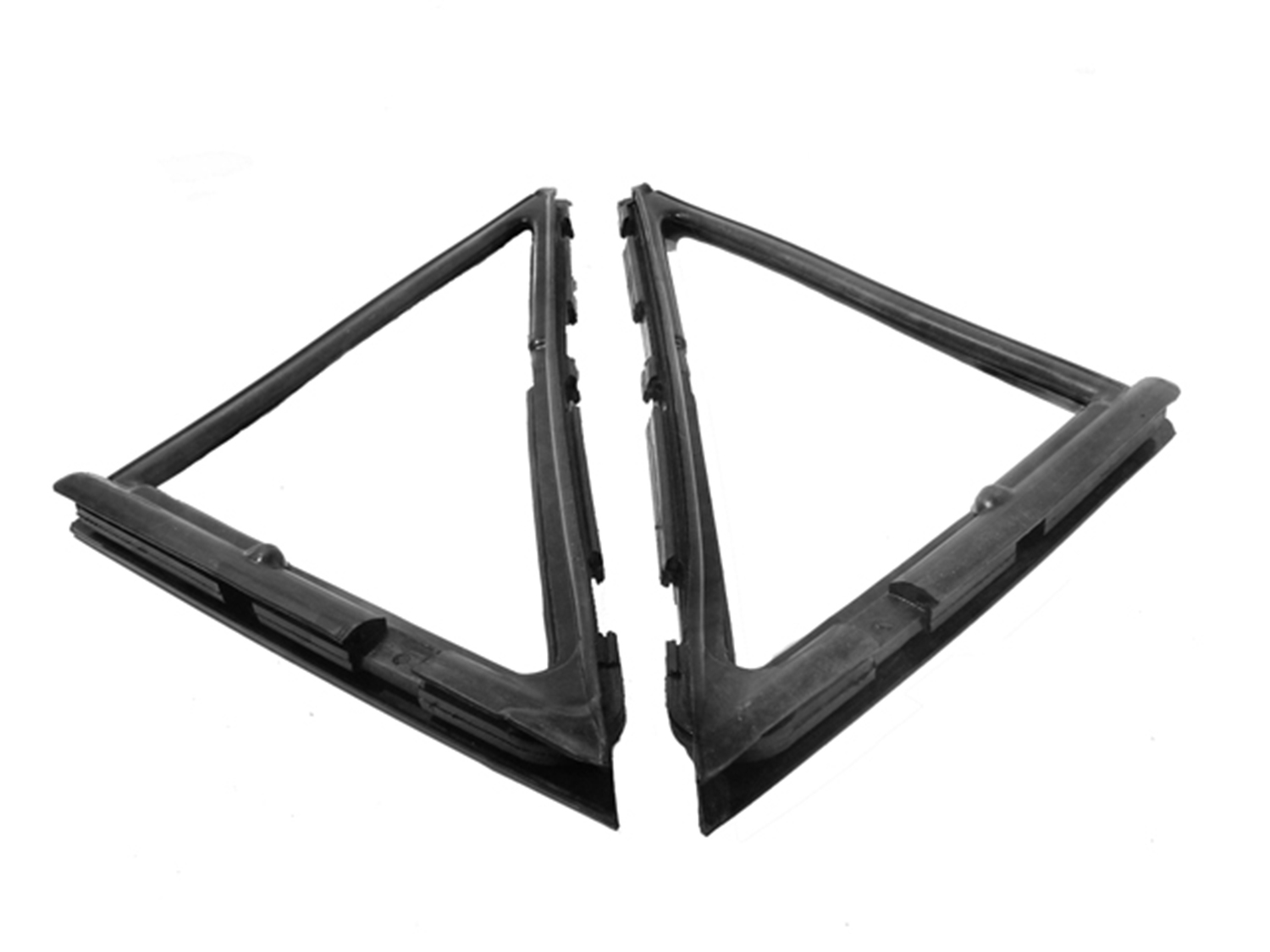 1970 Dodge Dart Vent Window Seals for 2-Door Hardtop-WR 2307Vent Window Seals for 2-Door Hardtop (also fits '67-'69 Fastback/Notchback & Convertible). Replaces OEM part #'s 2663474/5. Pair
1970 Dodge Dart Vent Window Seals for 2-Door Hardtop-WR 2307Vent Window Seals for 2-Door Hardtop (also fits '67-'69 Fastback/Notchback & Convertible). Replaces OEM part #'s 2663474/5. Pair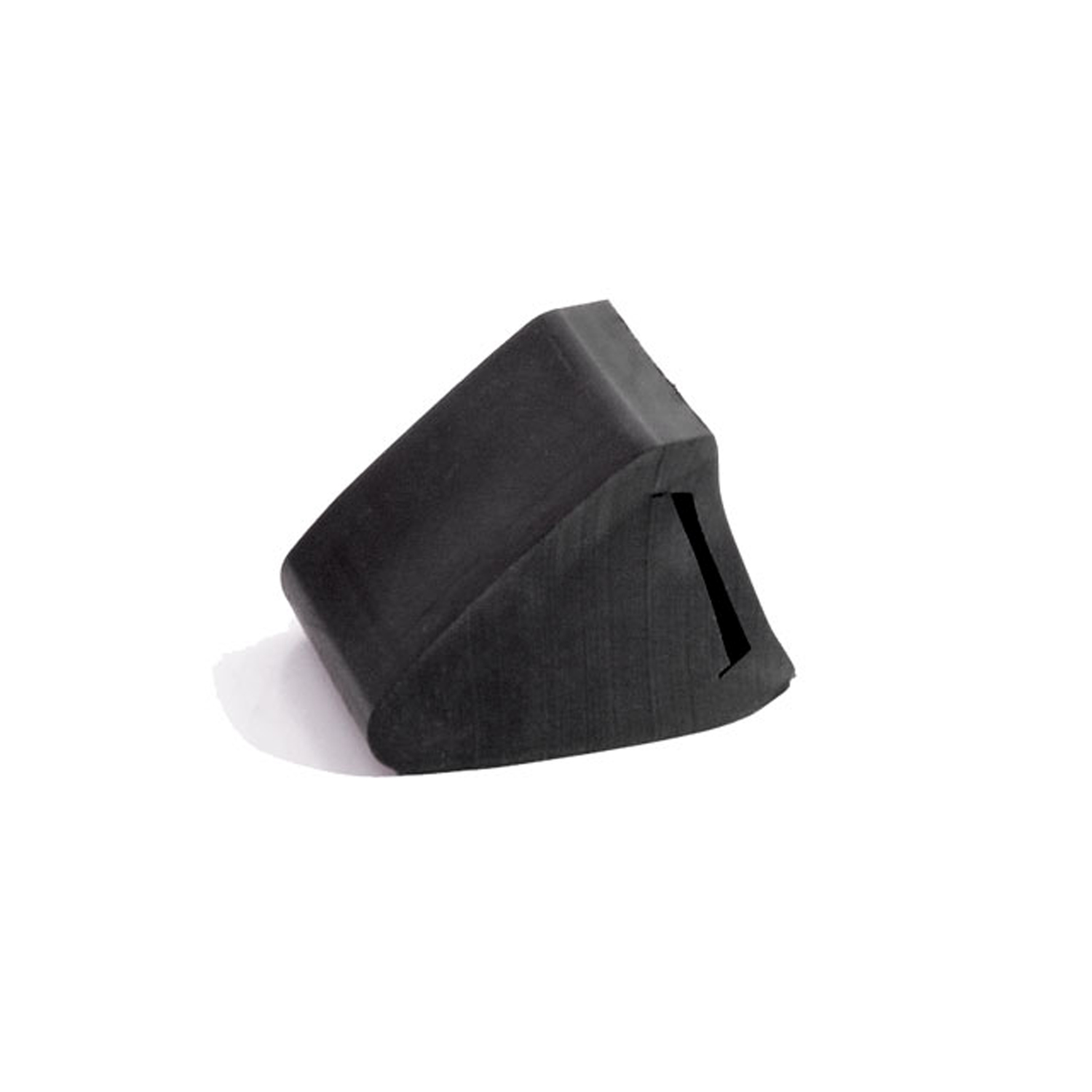 1970 Dodge Dart Suspension bumper. '62-up Mopar A-, B- and C-body-XB 1Suspension bumper. '62-up Mopar A-, B- and C-body. Fits over the rear axle. Each.
1970 Dodge Dart Suspension bumper. '62-up Mopar A-, B- and C-body-XB 1Suspension bumper. '62-up Mopar A-, B- and C-body. Fits over the rear axle. Each.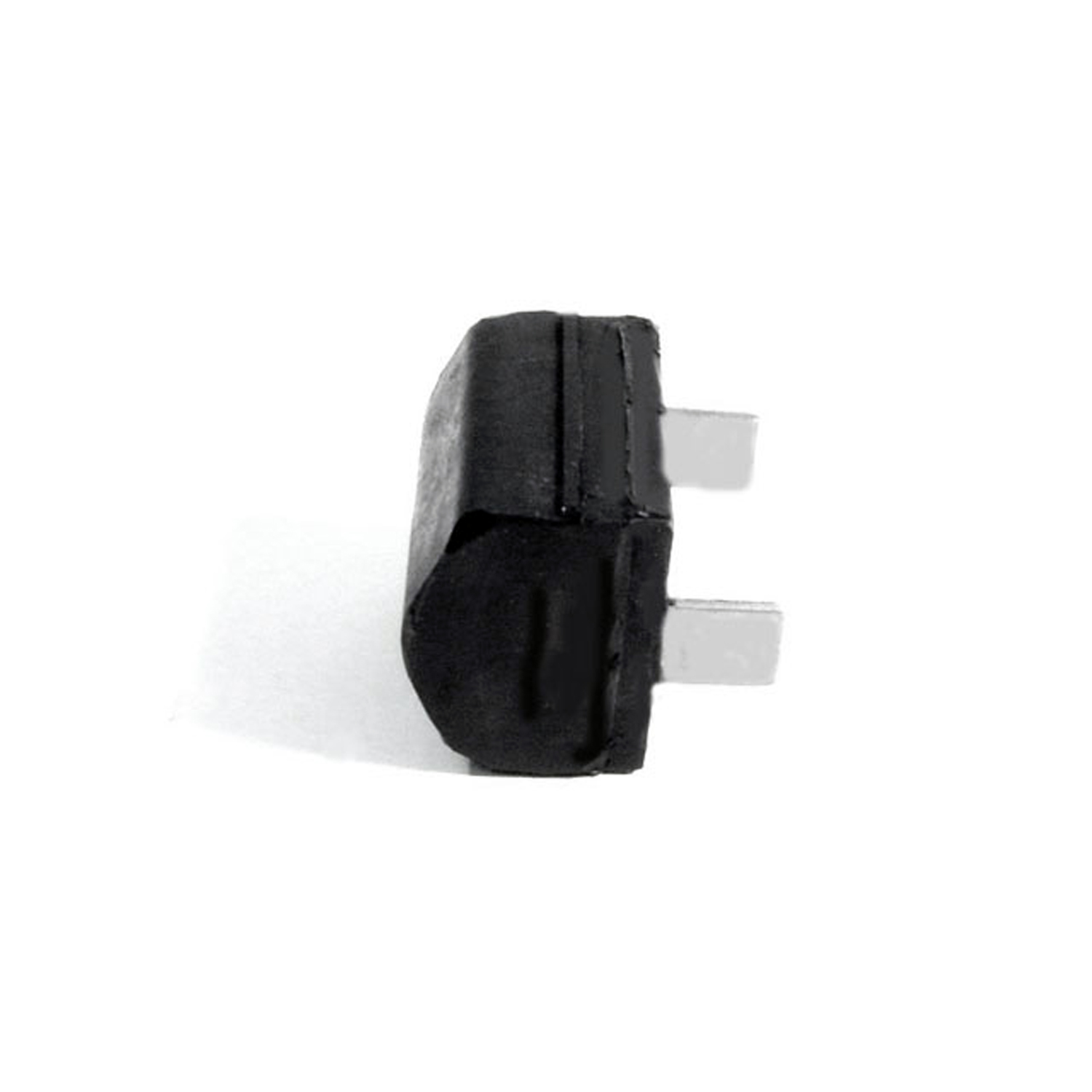 1970 Dodge Dart Rear Axle Pinion Snubber. Each-XB 80Rear Axle Pinion Snubber. Each
1970 Dodge Dart Rear Axle Pinion Snubber. Each-XB 80Rear Axle Pinion Snubber. Each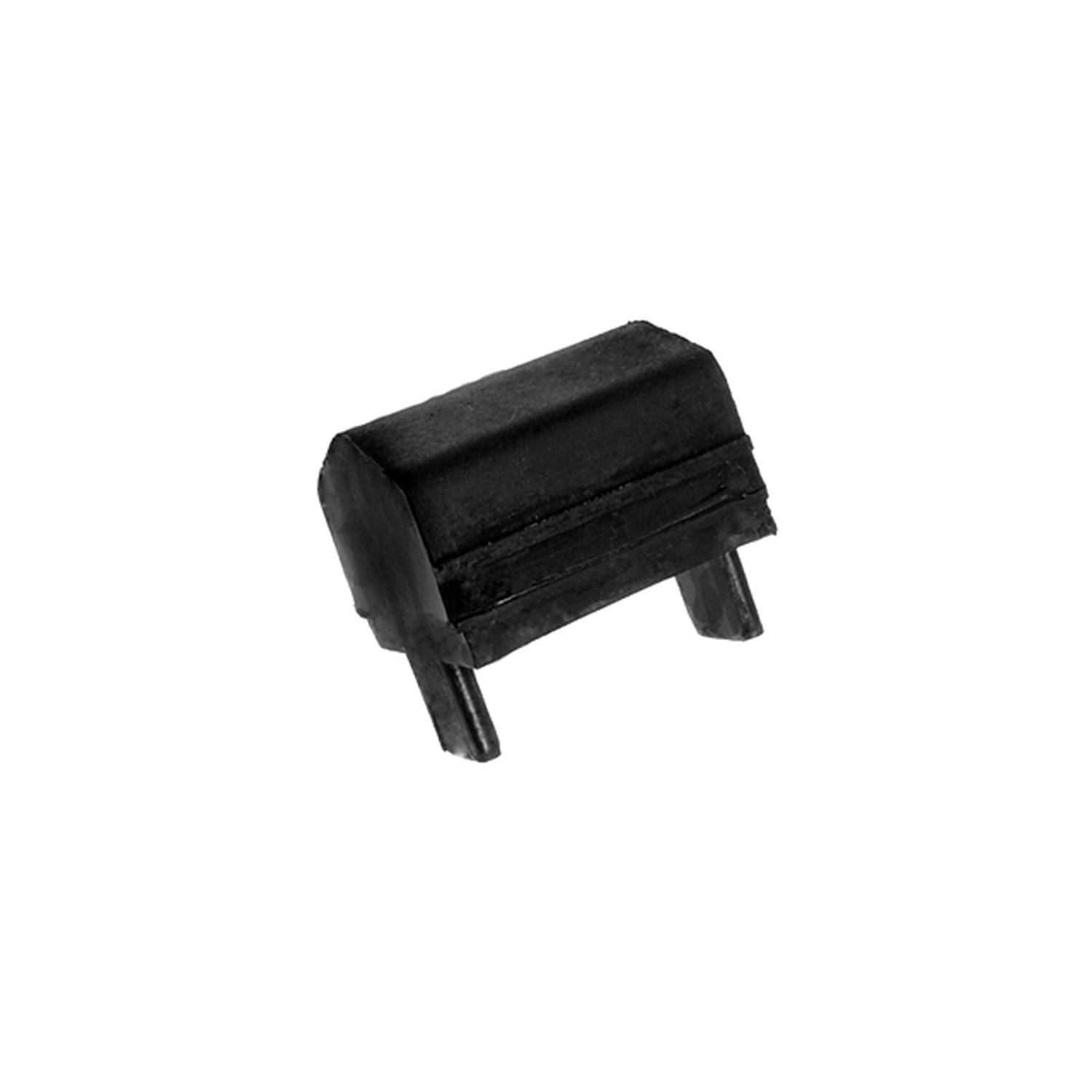 1970 Dodge Dart Rear Axle Pinion Snubber. Each-XB 80-ARear Axle Pinion Snubber. Each
1970 Dodge Dart Rear Axle Pinion Snubber. Each-XB 80-ARear Axle Pinion Snubber. EachWhy Choose Metro?
For over 100 years, Metro Moulded Parts has been the pinnacle of quality in classic car restoration parts. Our commitment to precision and authenticity in every component ensures a perfect fit and an OEM-level appearance.
- Expert Craftsmanship & Quality: Each part is a testament to our dedication to reliability and perfection, crafted from original designs and thoroughly tested.
- Advanced Technology: We use cutting-edge techniques to create flawless, long-lasting parts that surpass others in performance.
- SuperSoft Sponge – The Ultimate Door Seal: Not only are our door seals 30% softer than competitors', but they're also guaranteed to never leak. They effectively reduce wind and road noise, enhancing your classic car's comfort and driving experience.
- Proudly American: Our parts are a product of American craftsmanship, made in the USA with a spirit of excellence and heritage.
- Unrivaled Warranty: We back our products with a 30-year industry-leading warranty, a testament to our confidence in their quality.
Join us in preserving the legacy of classic cars with parts that are crafted for perfection, not just made.

